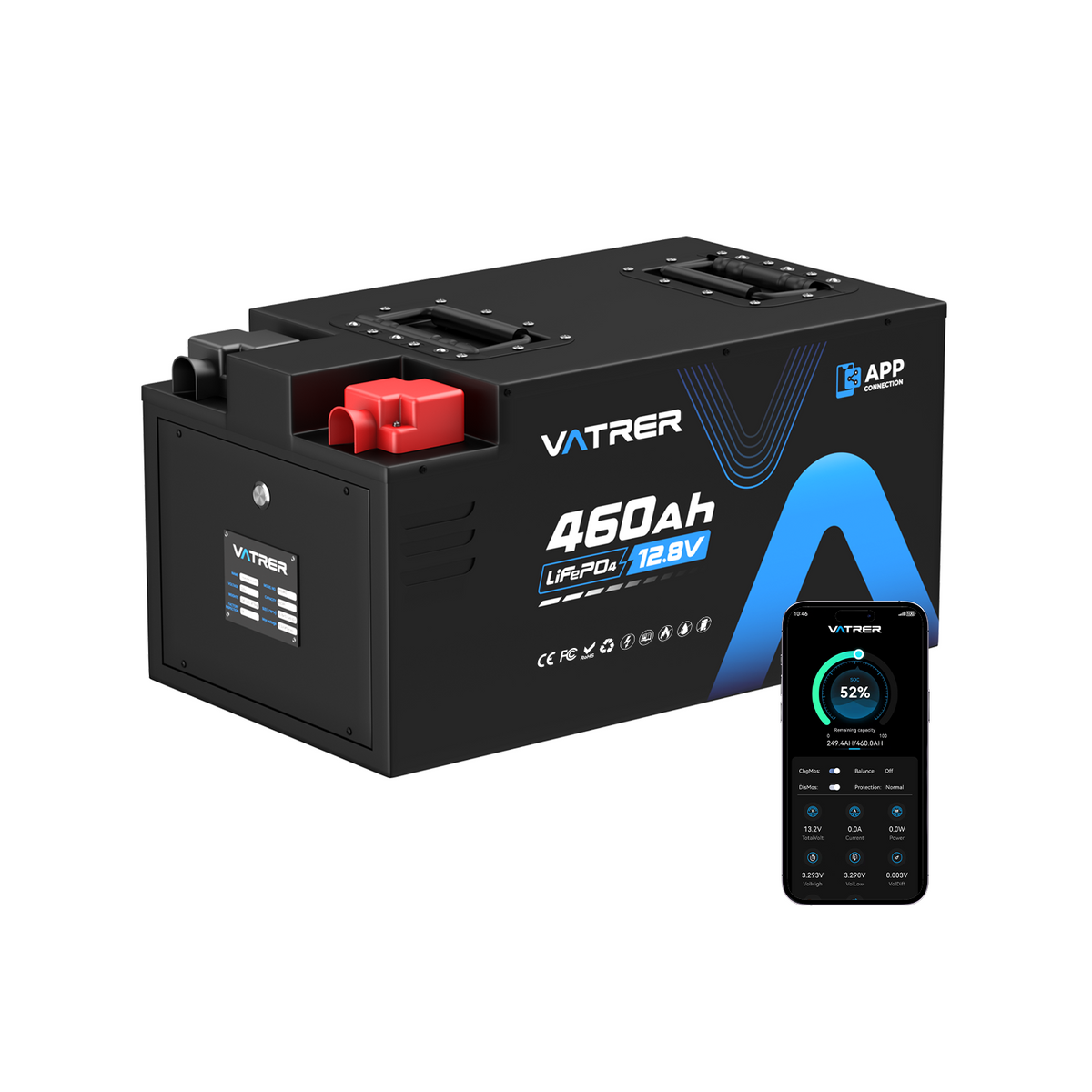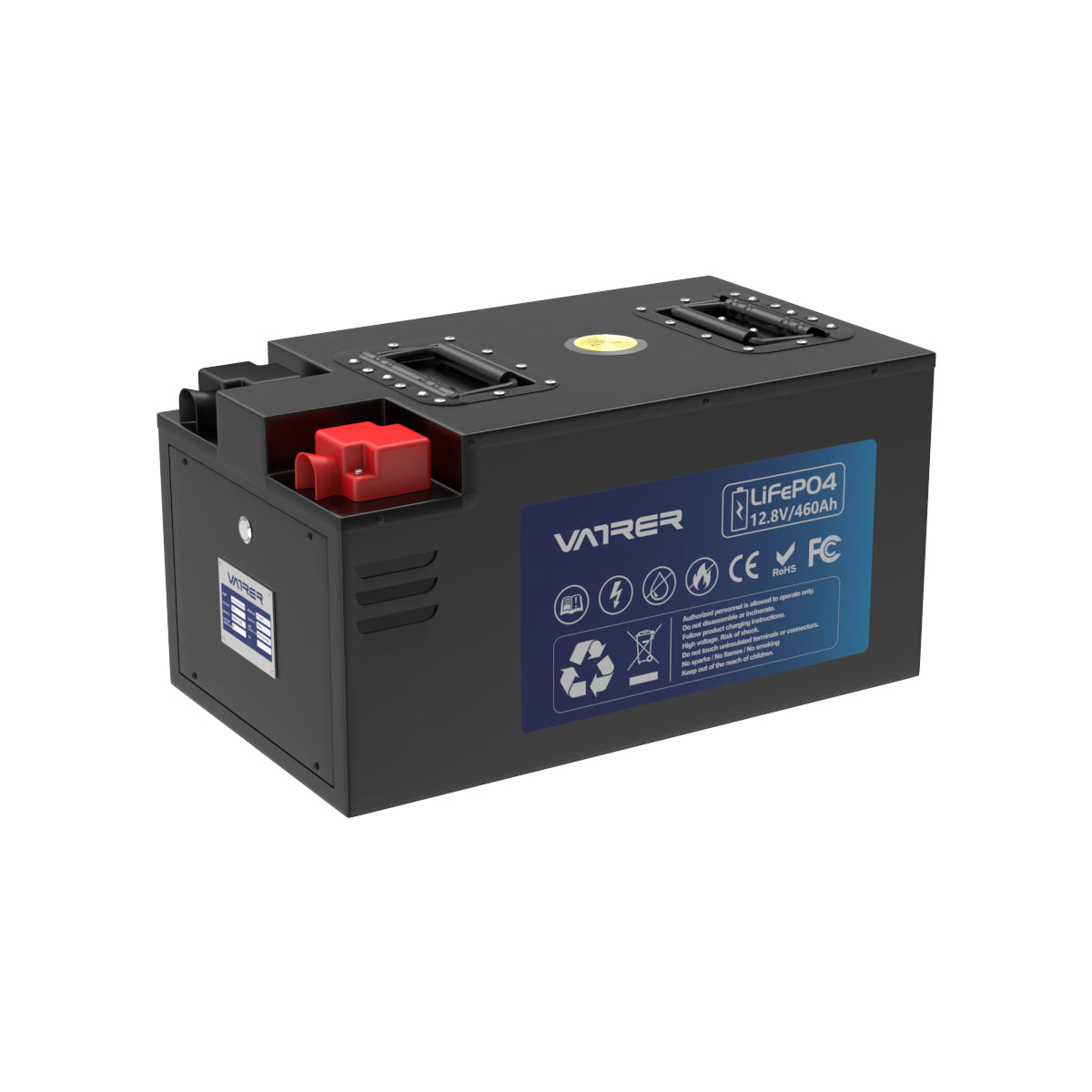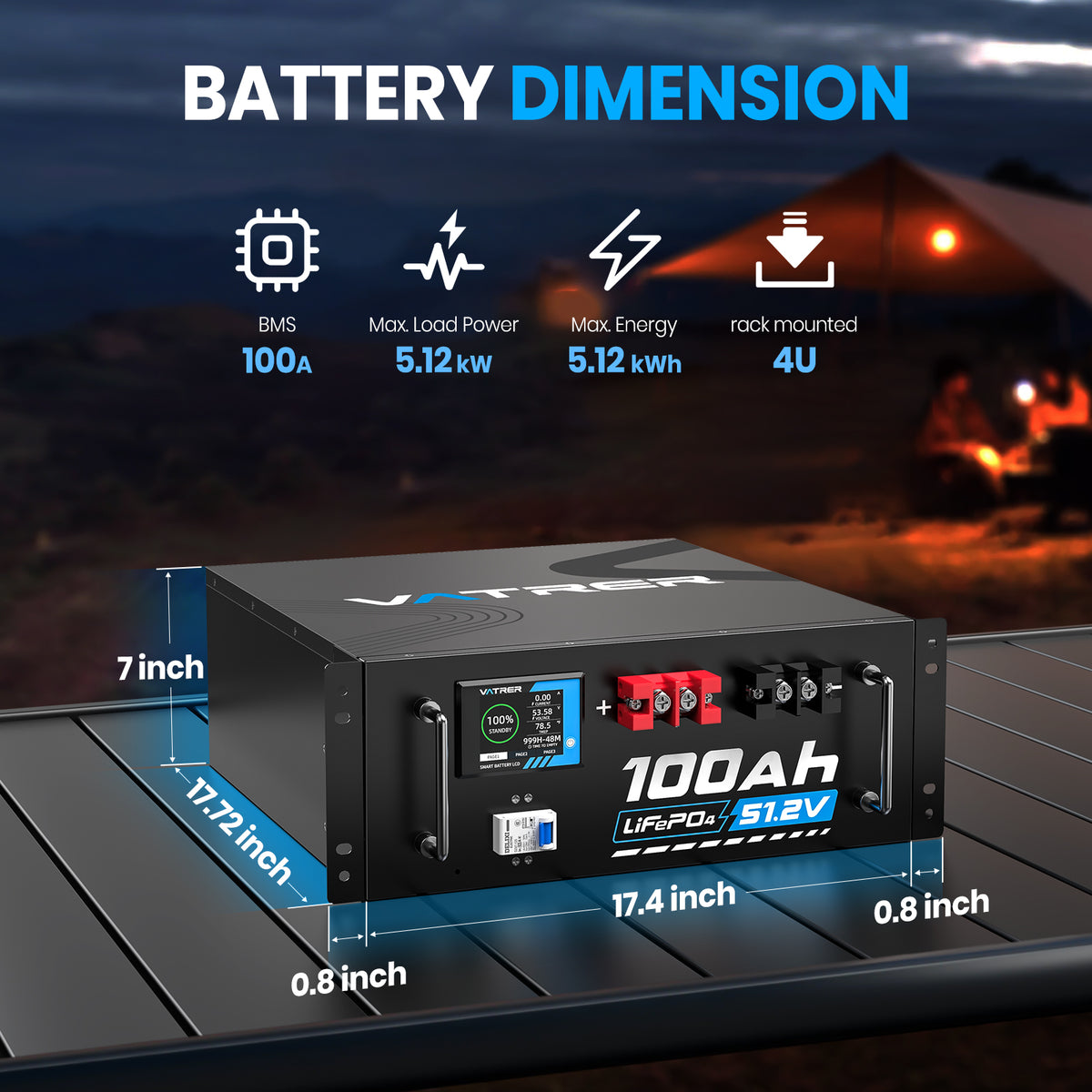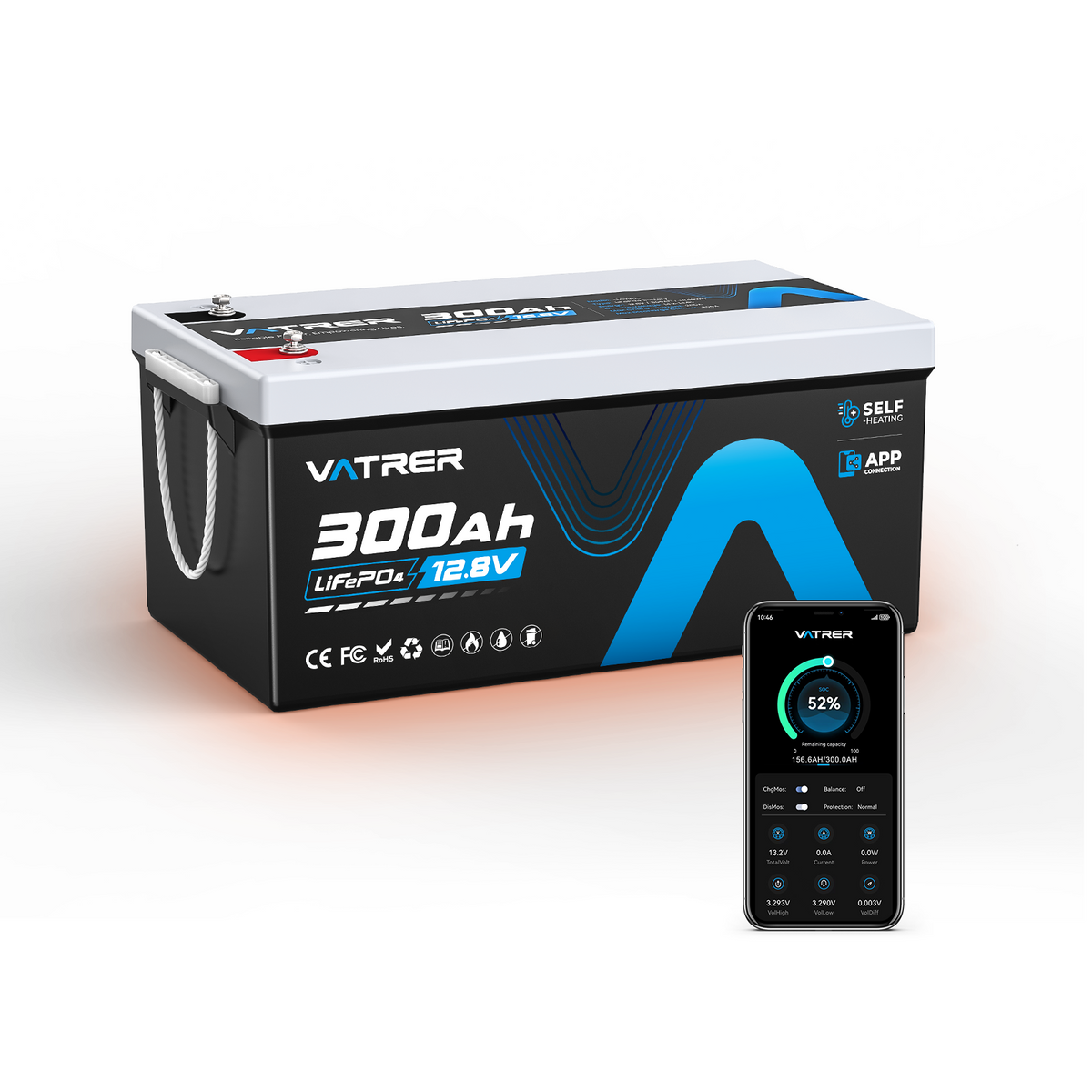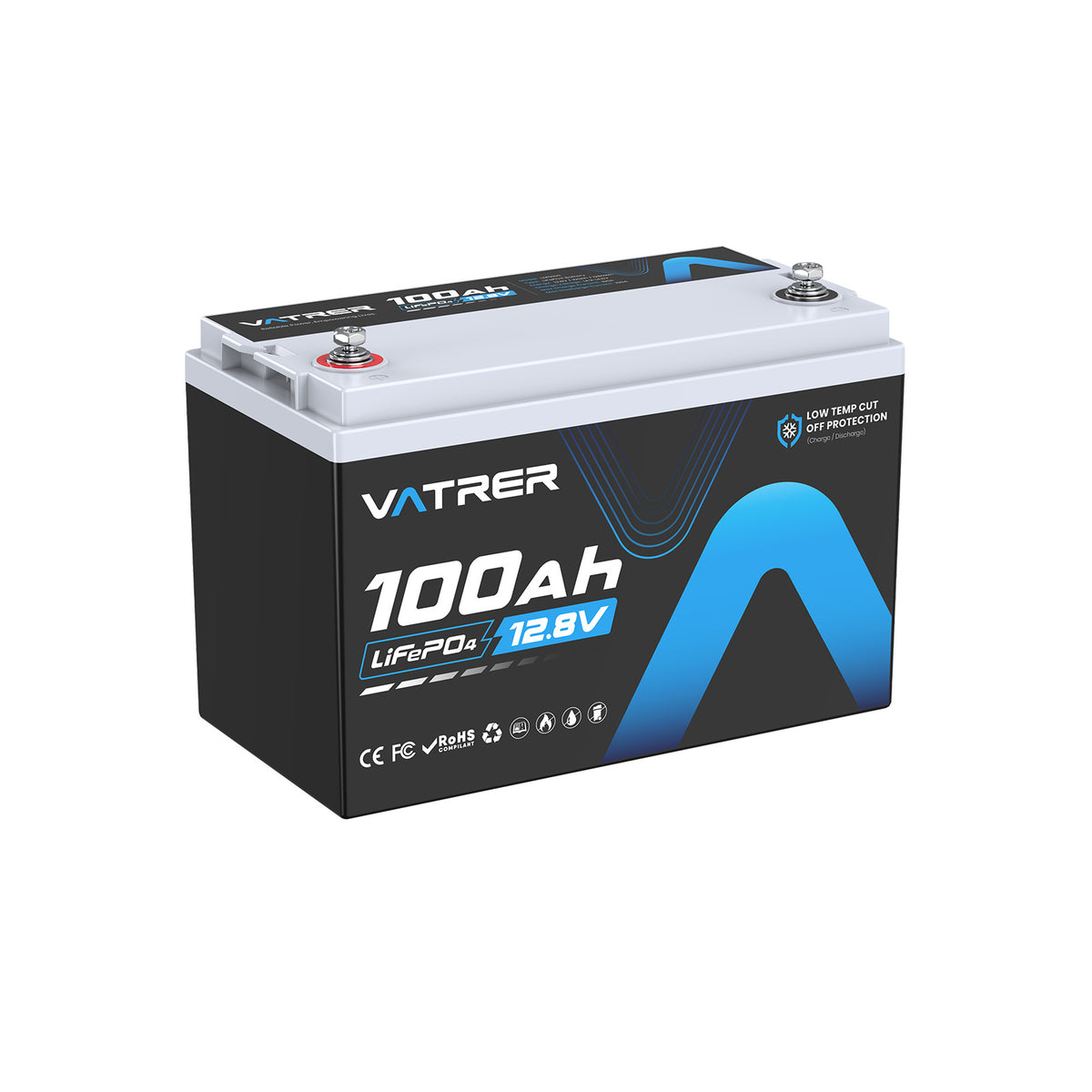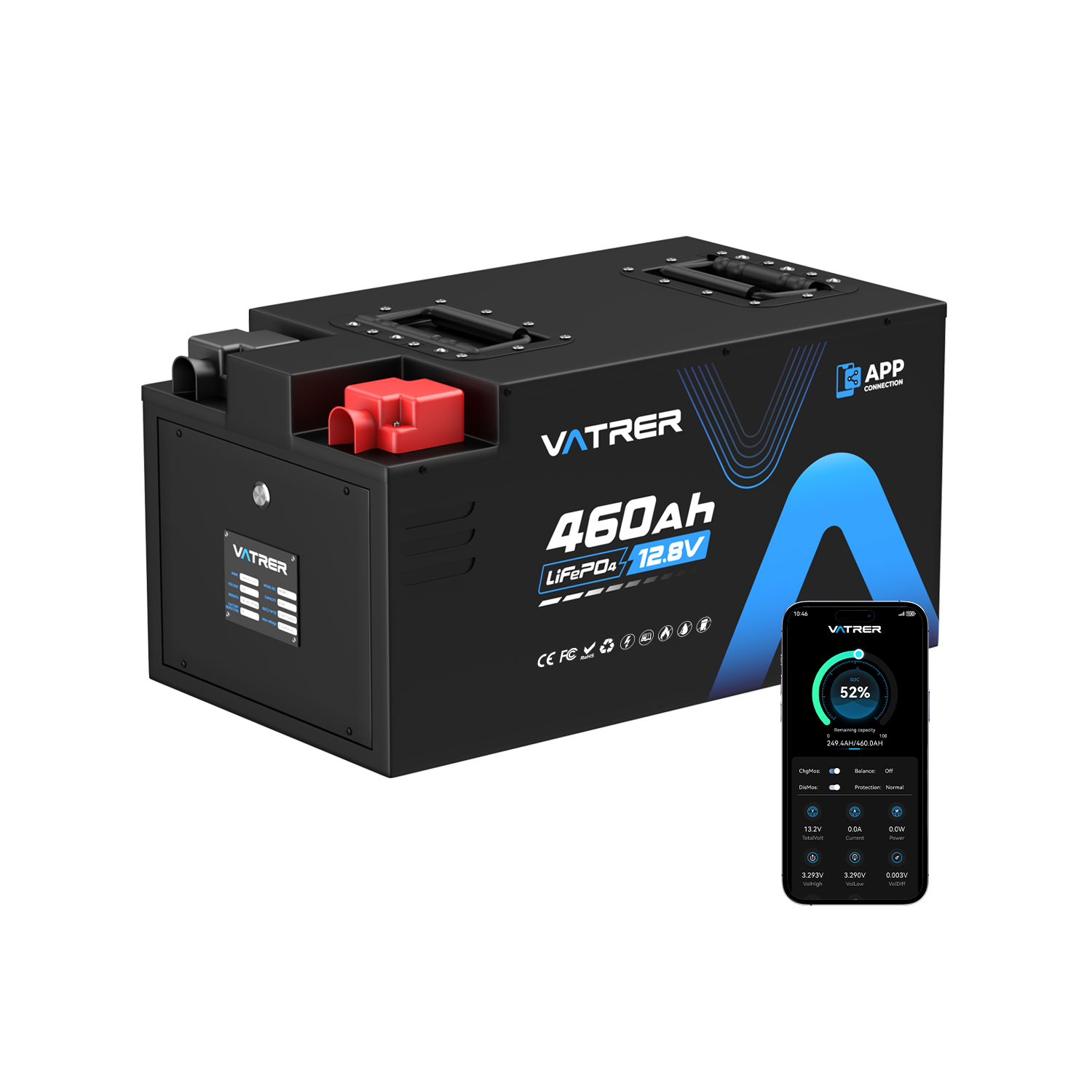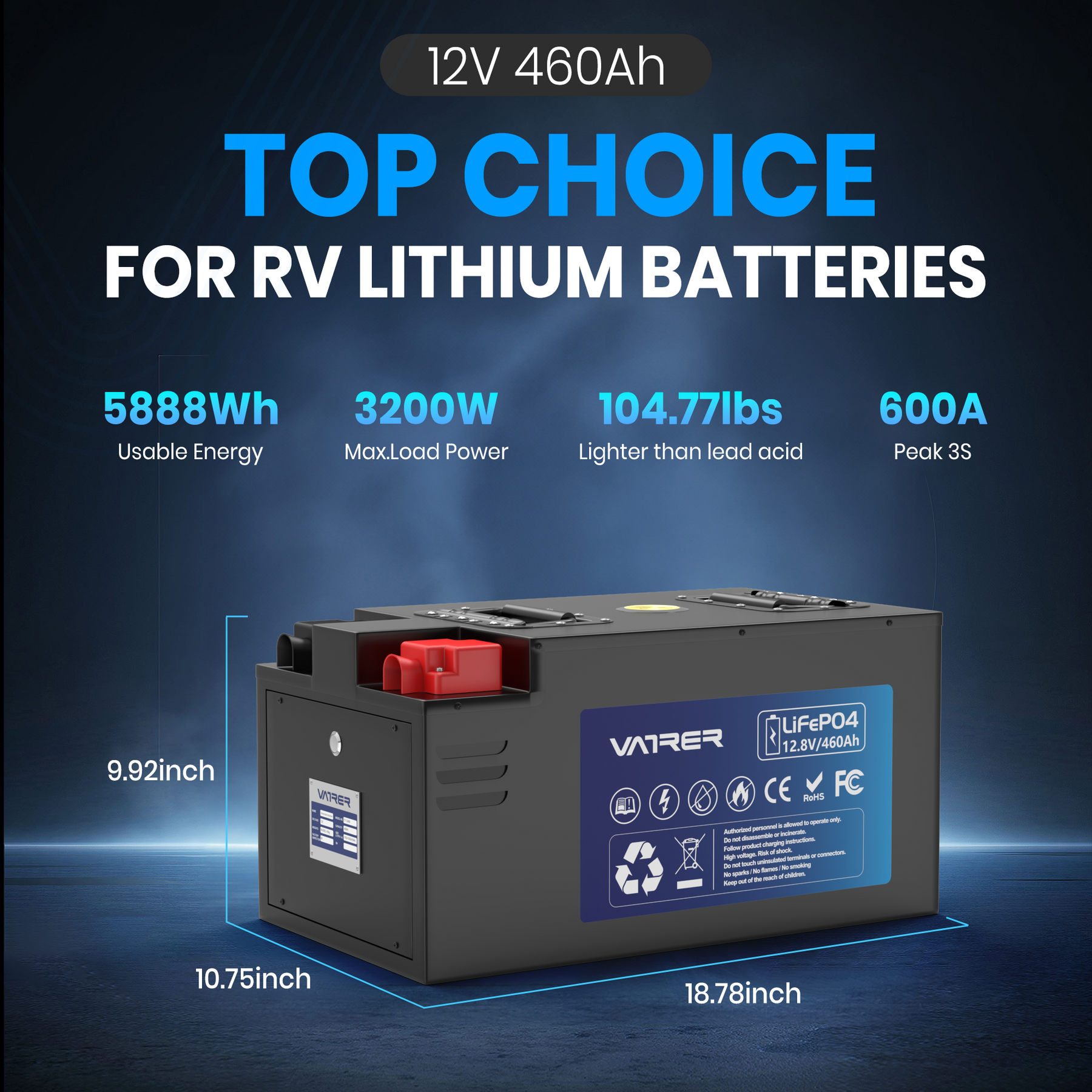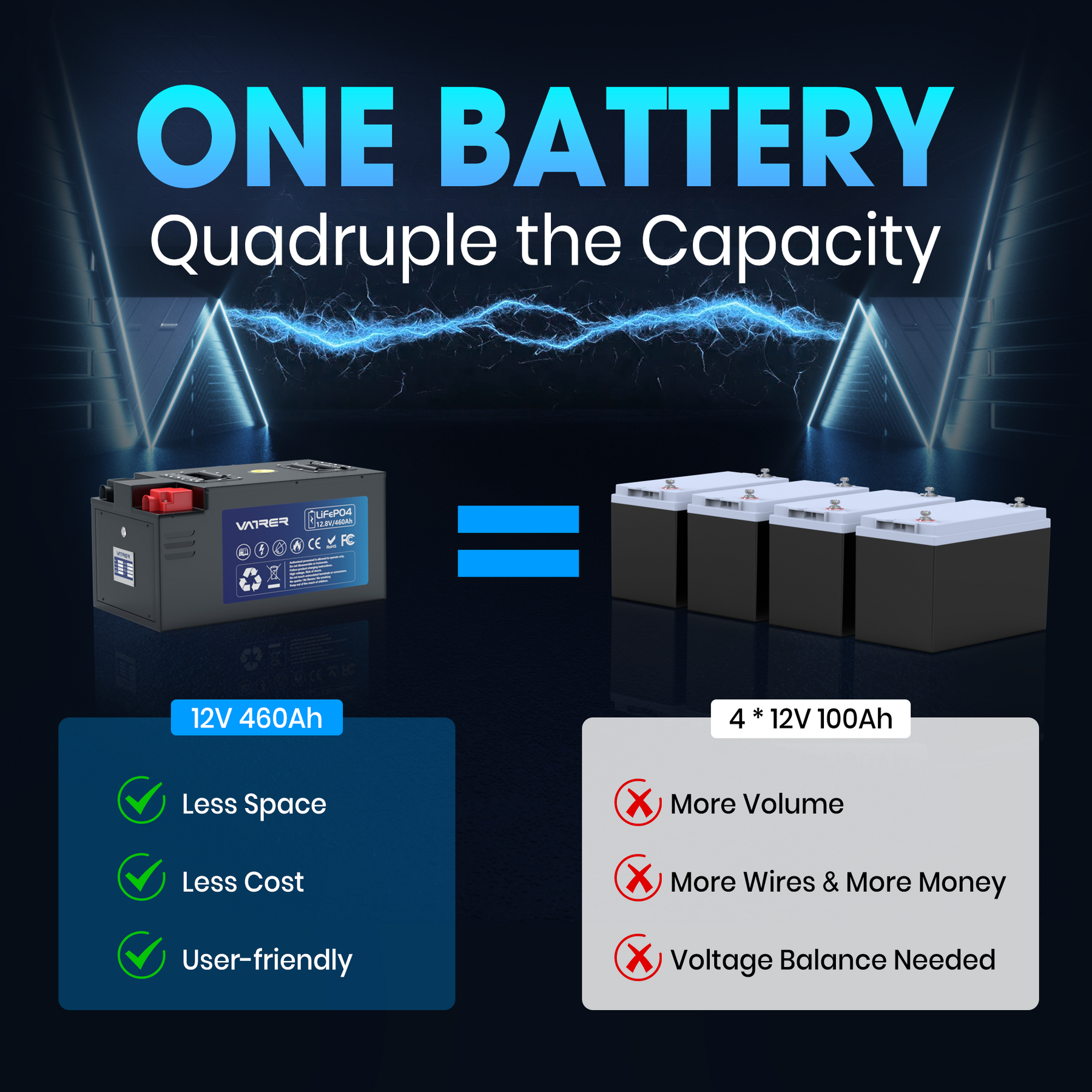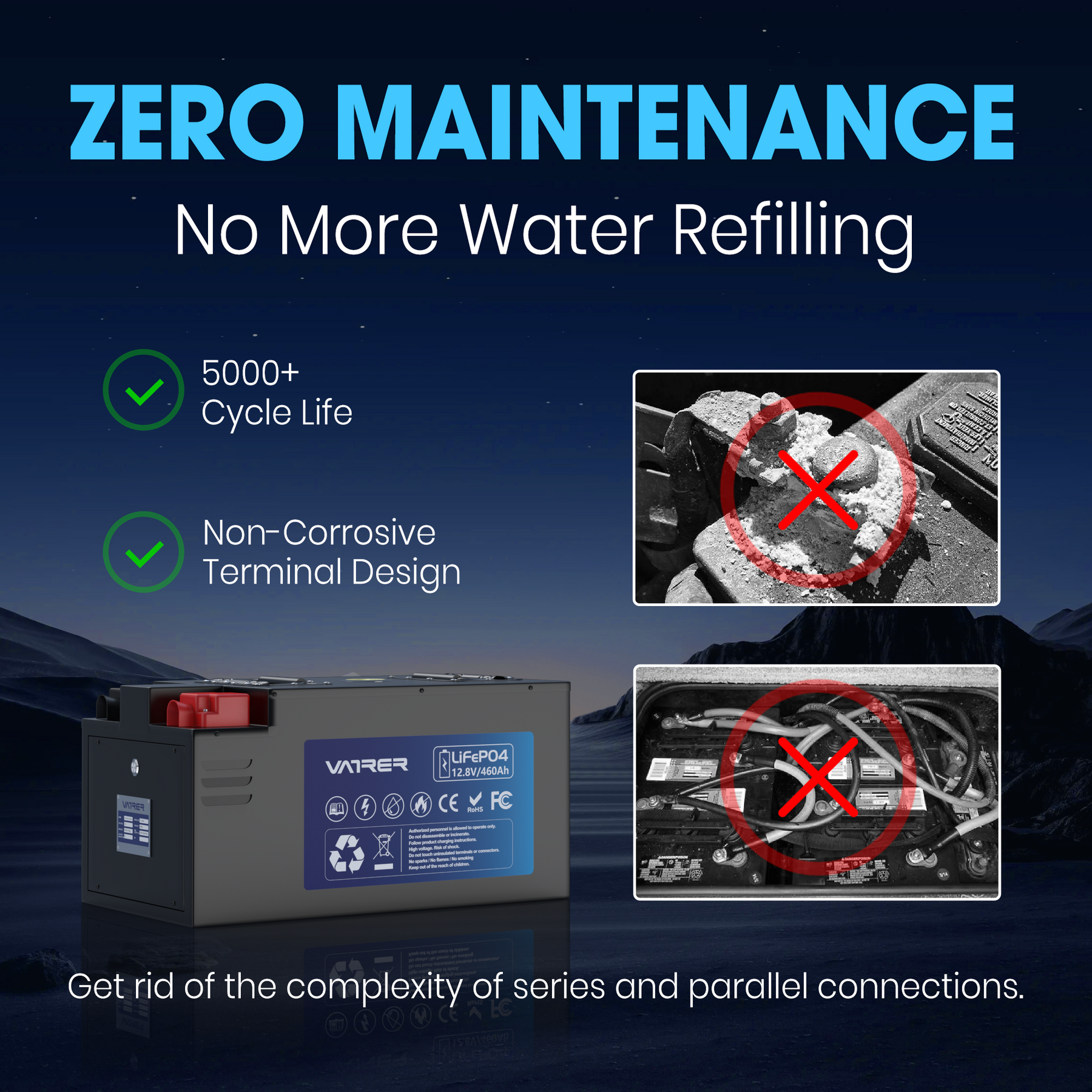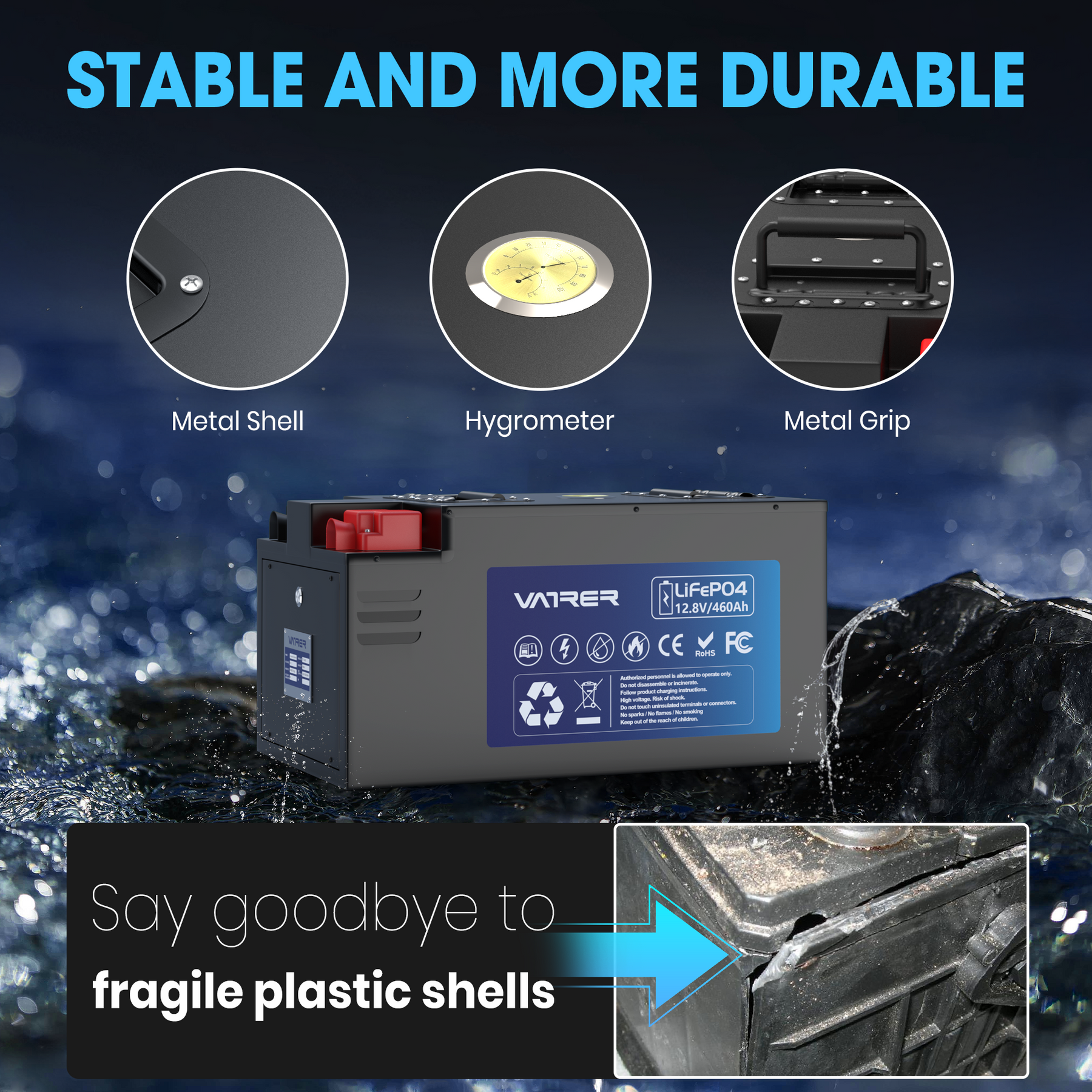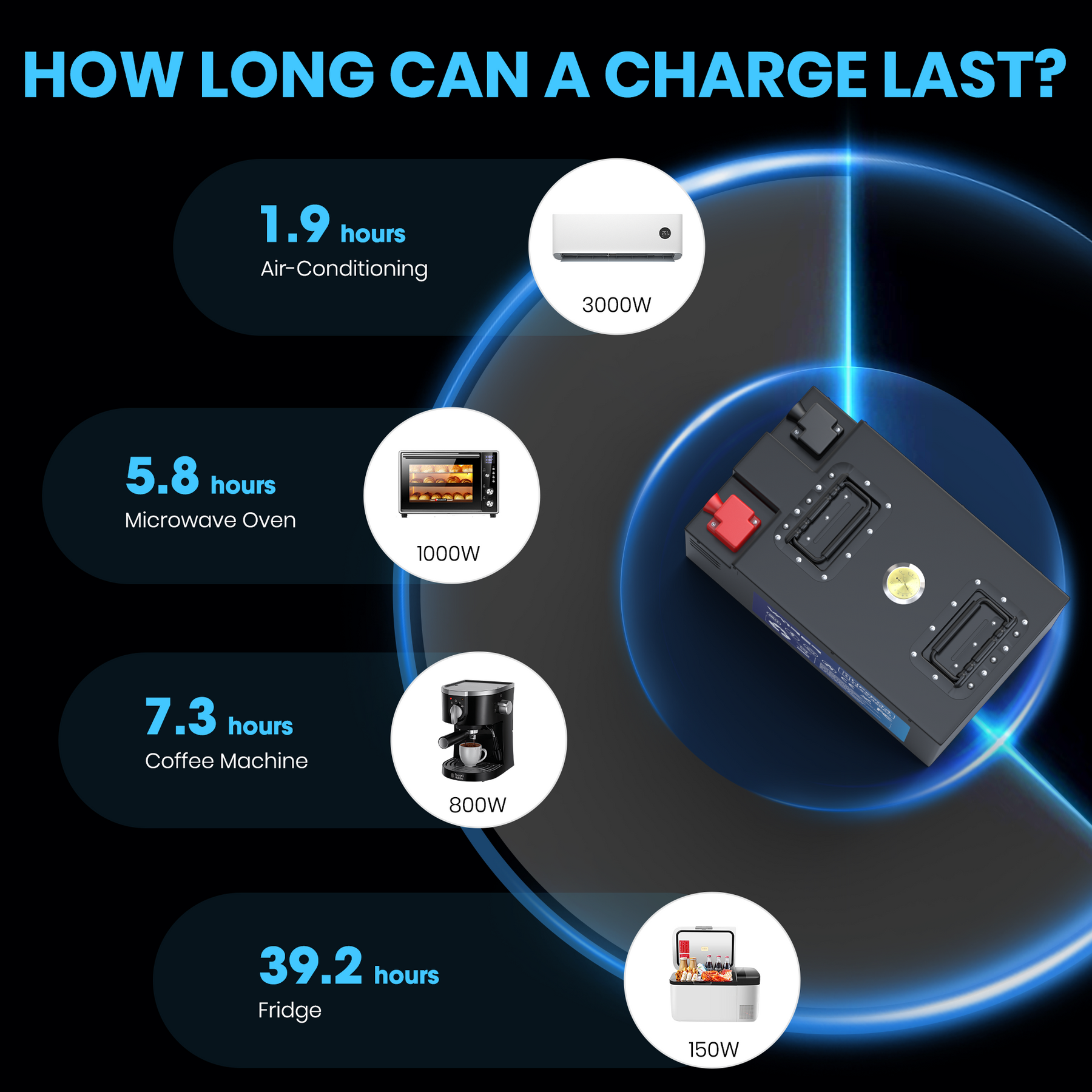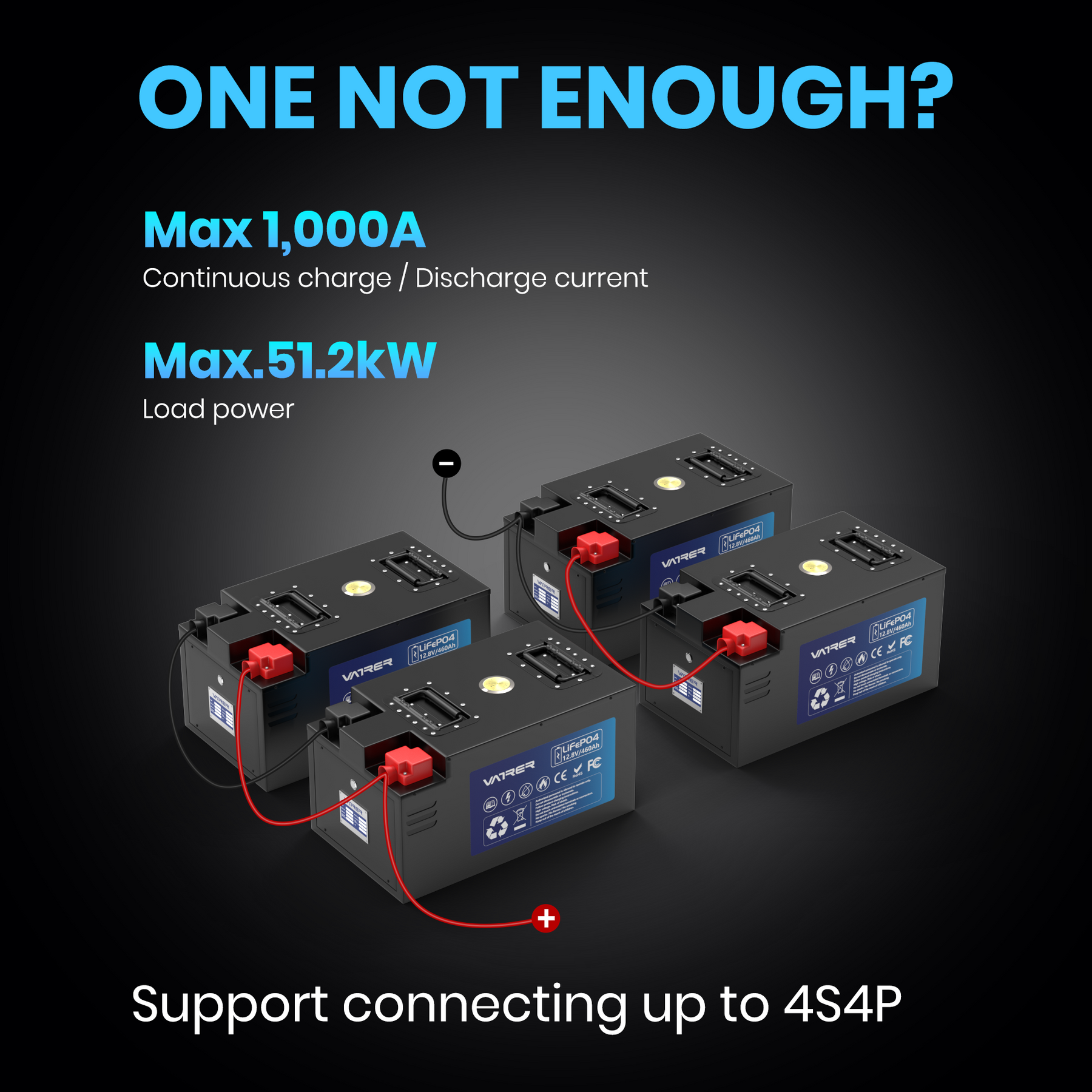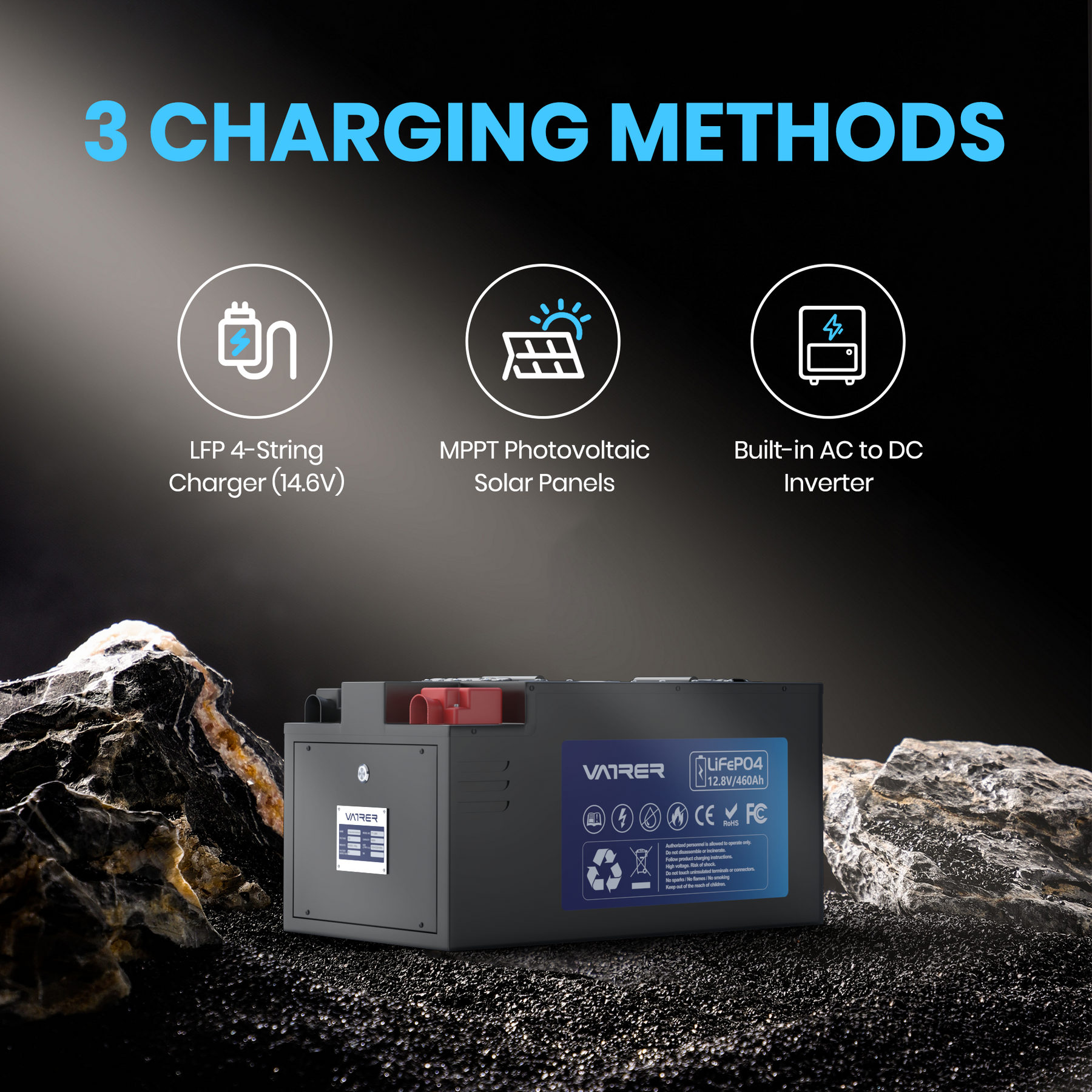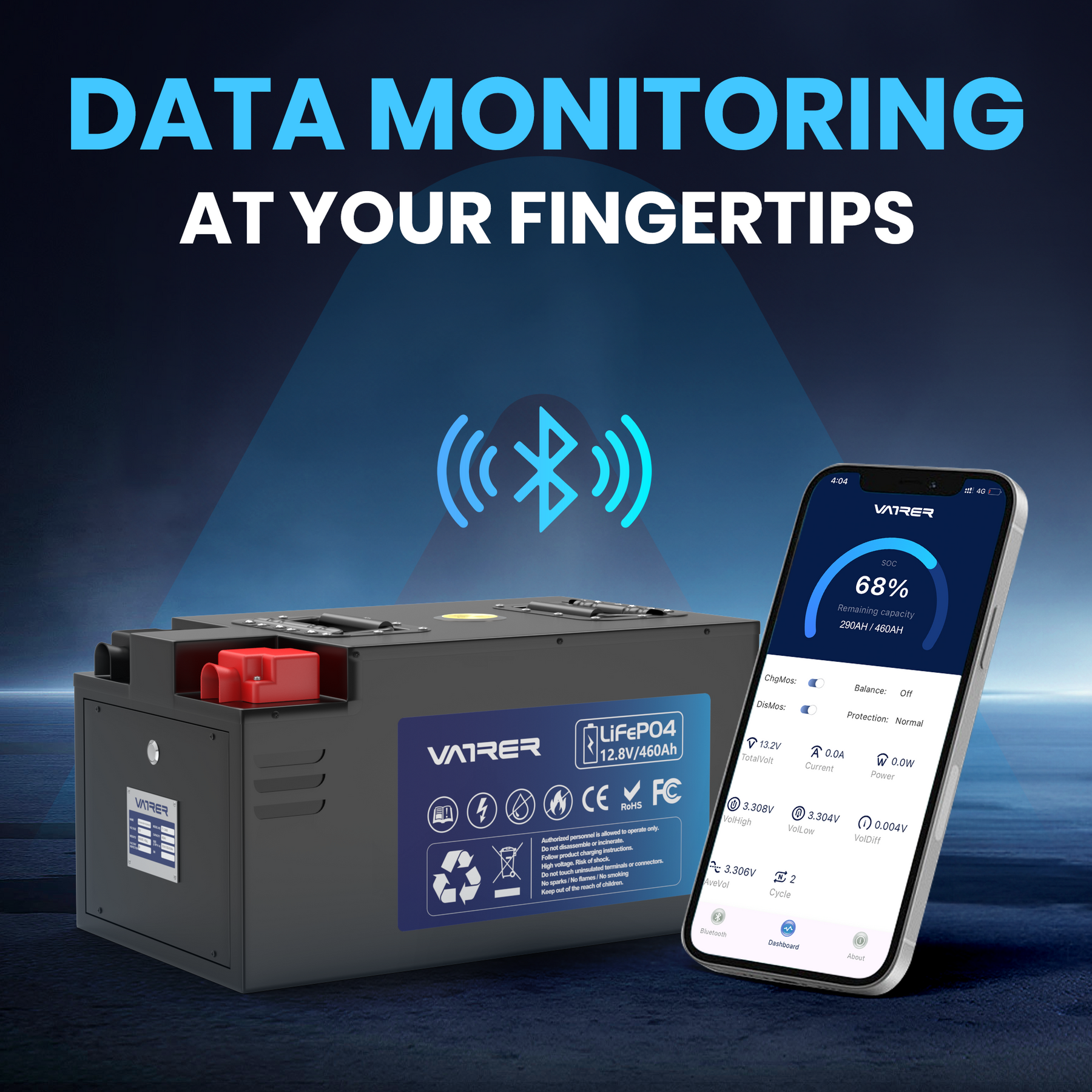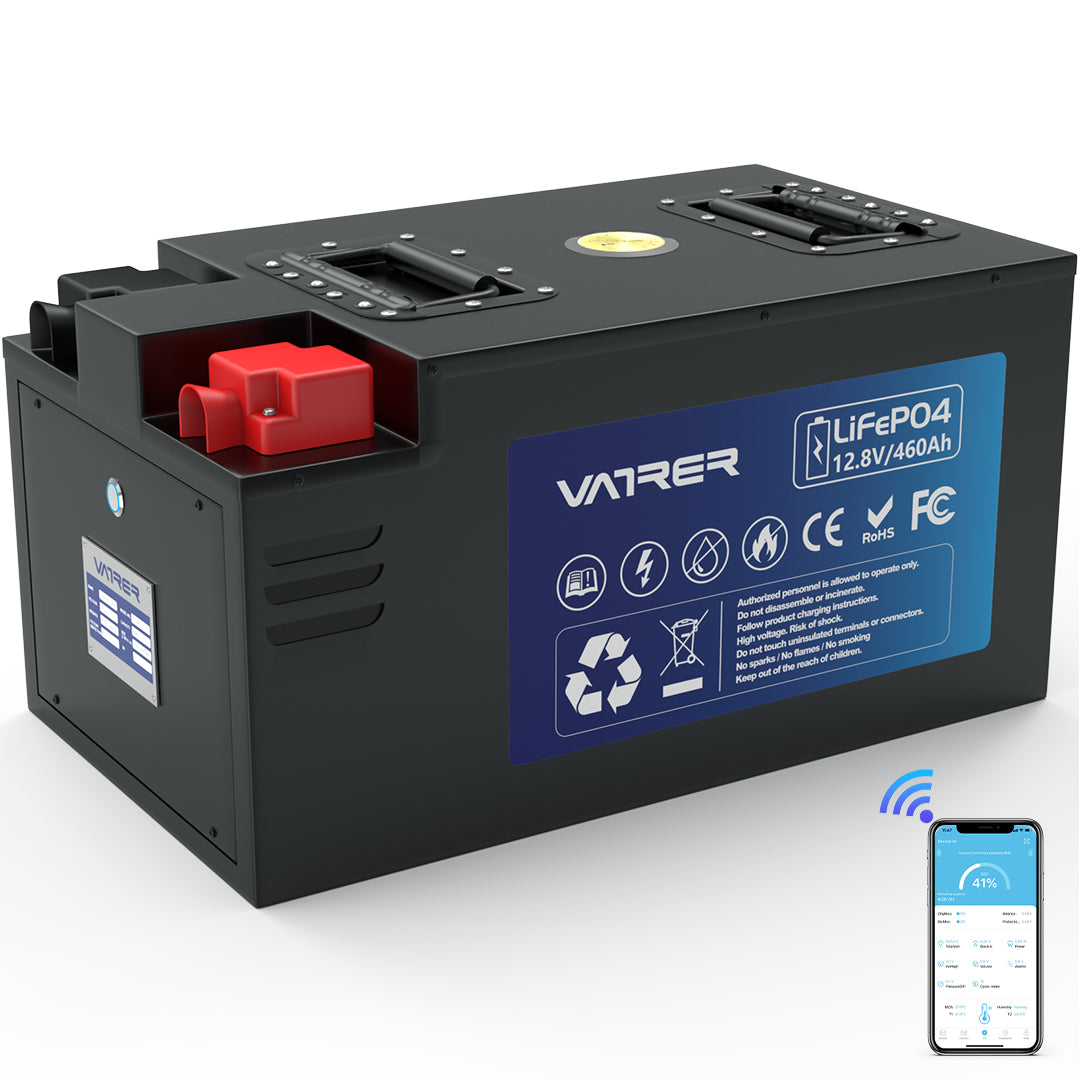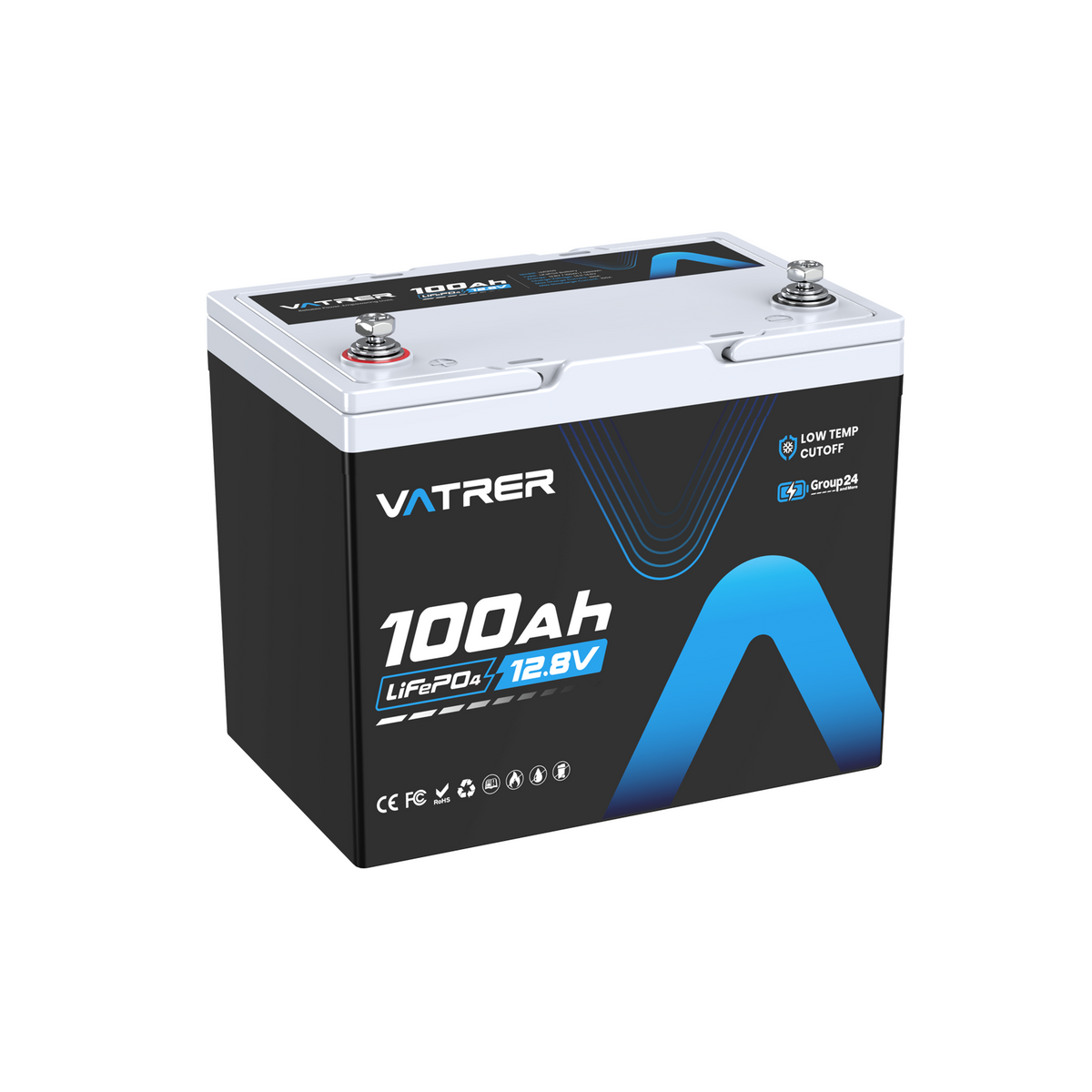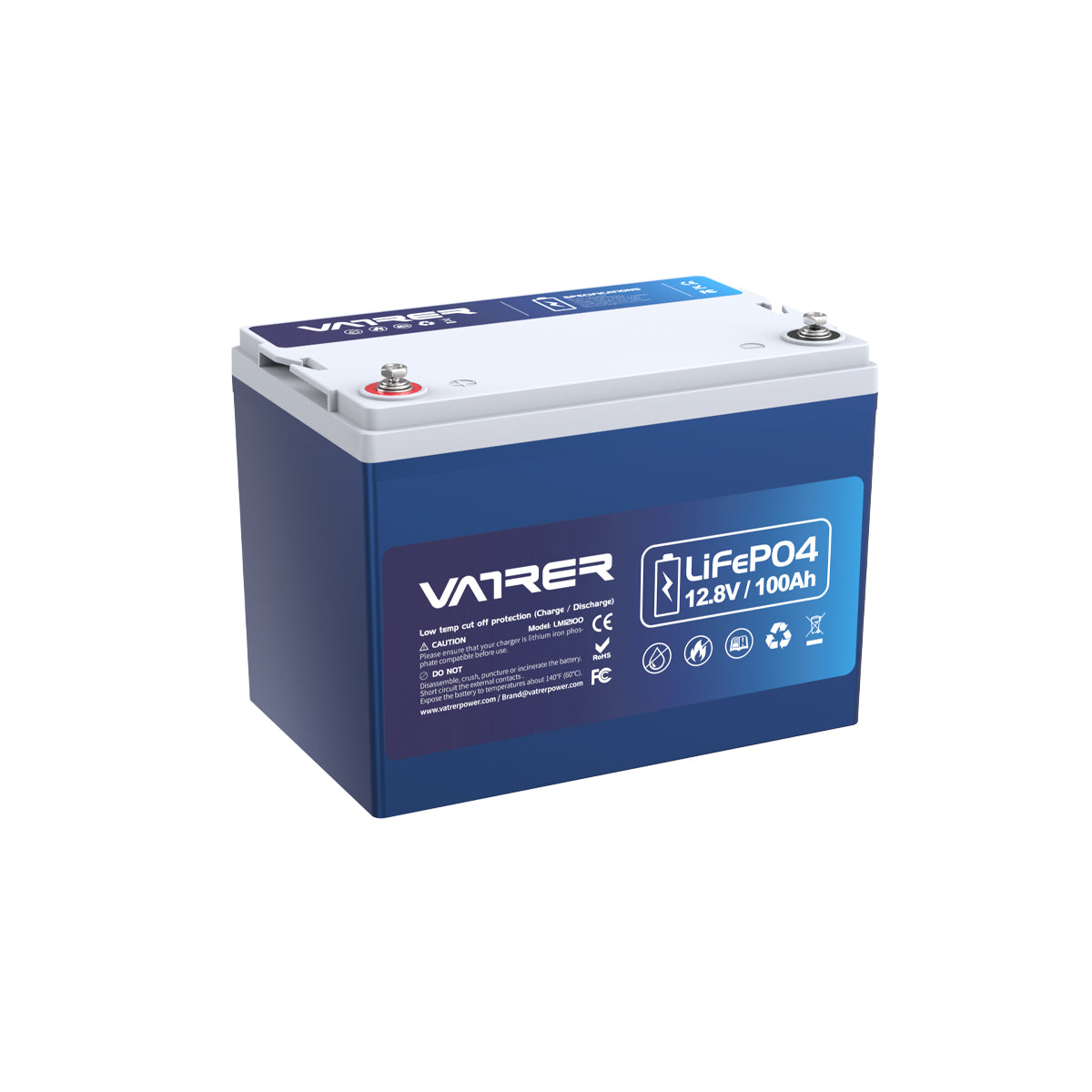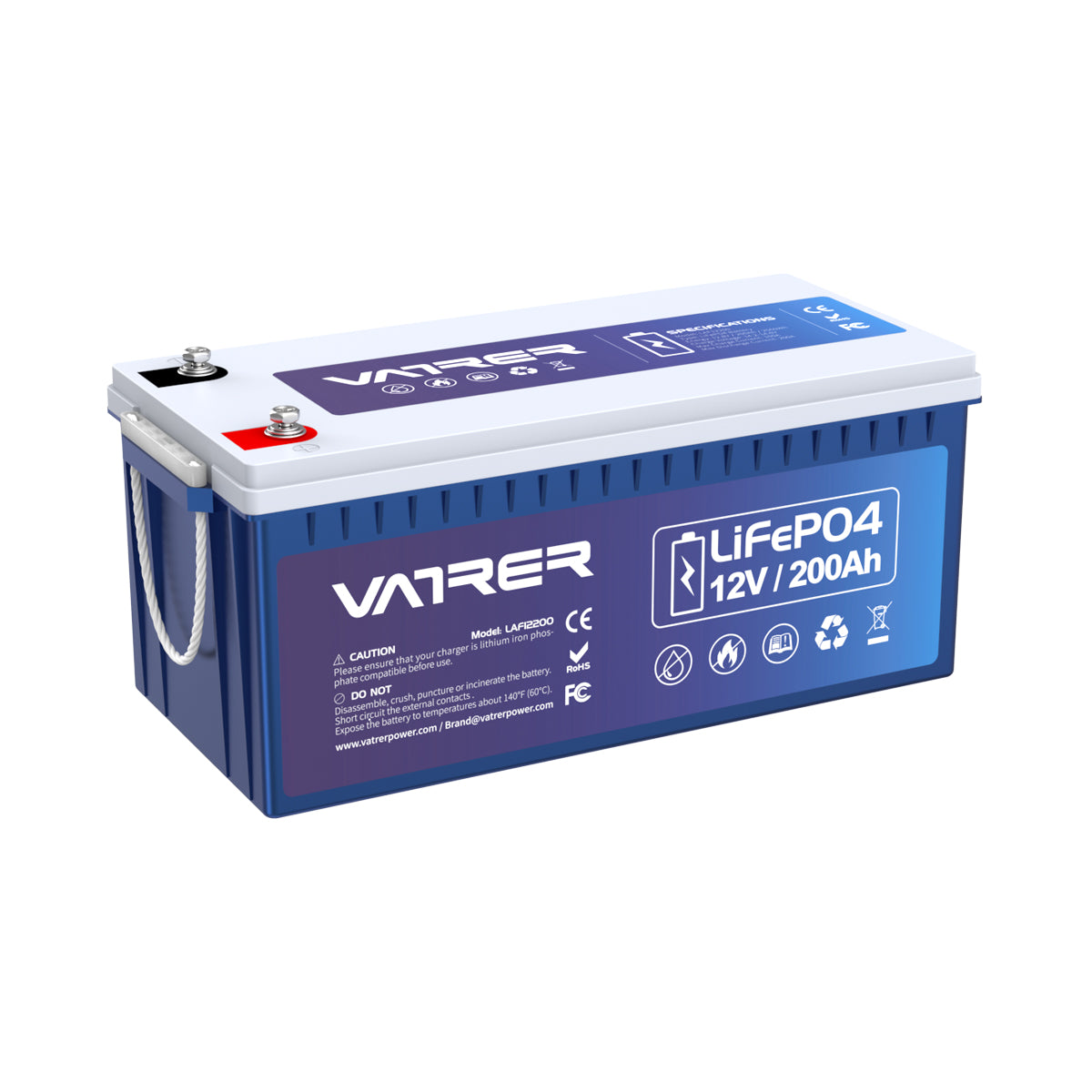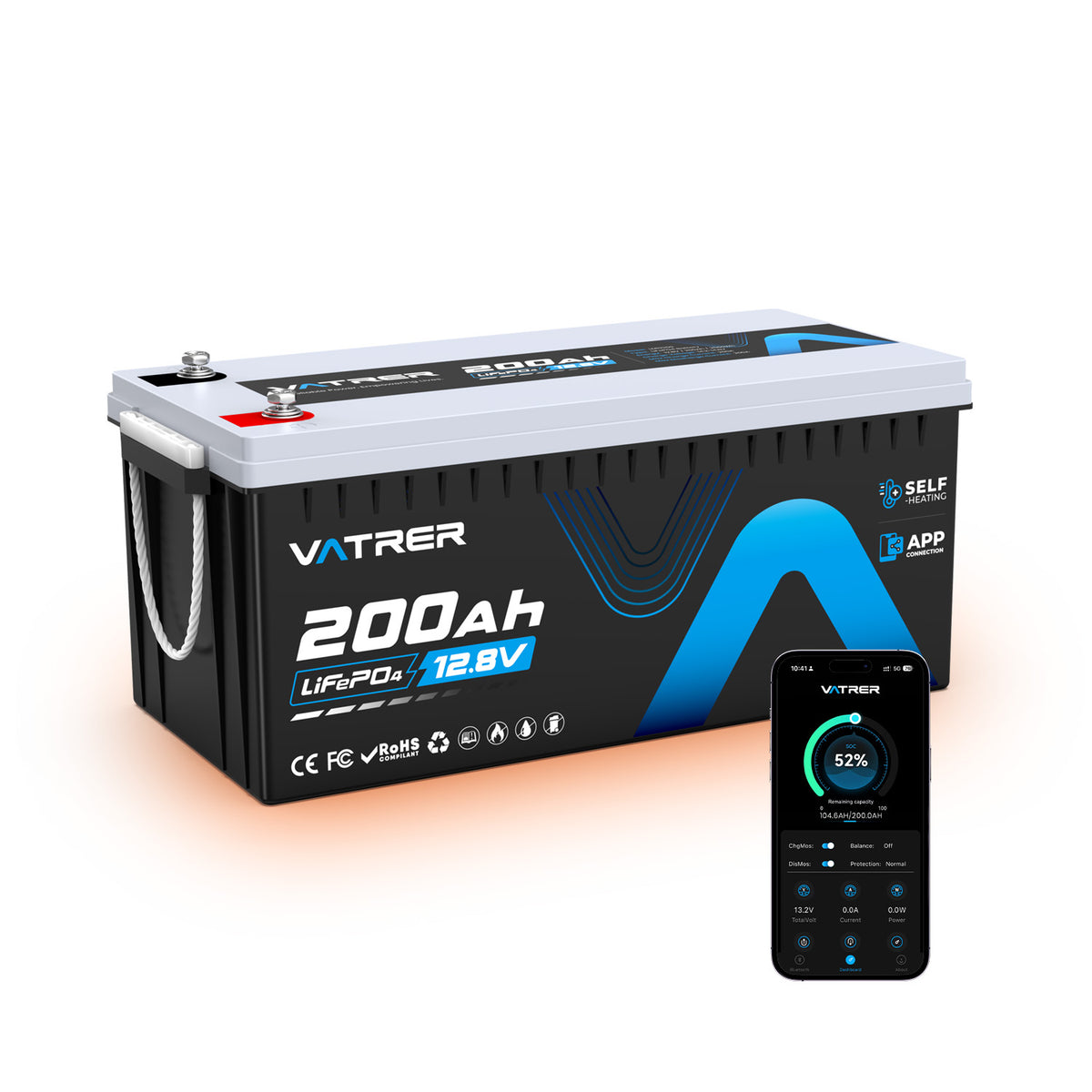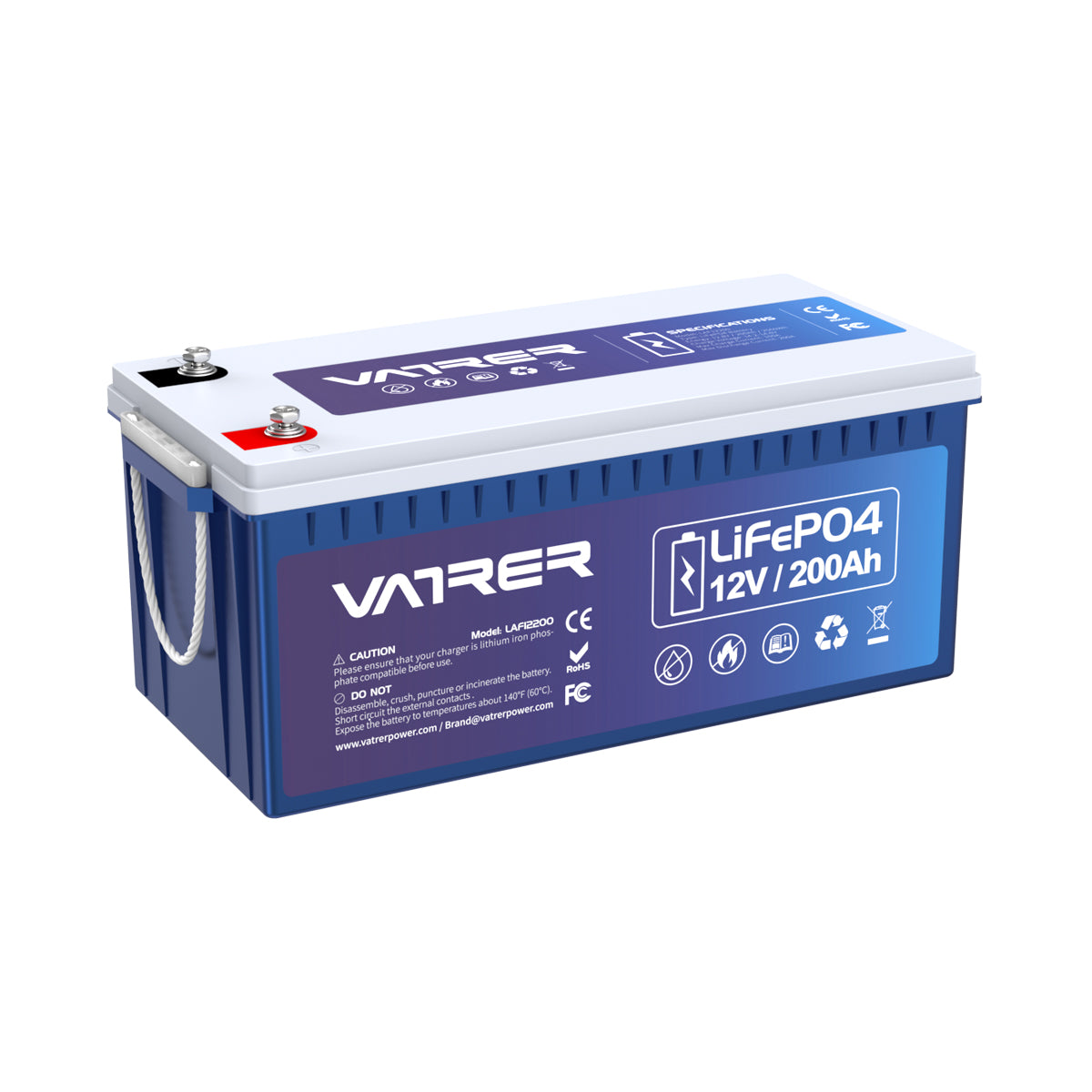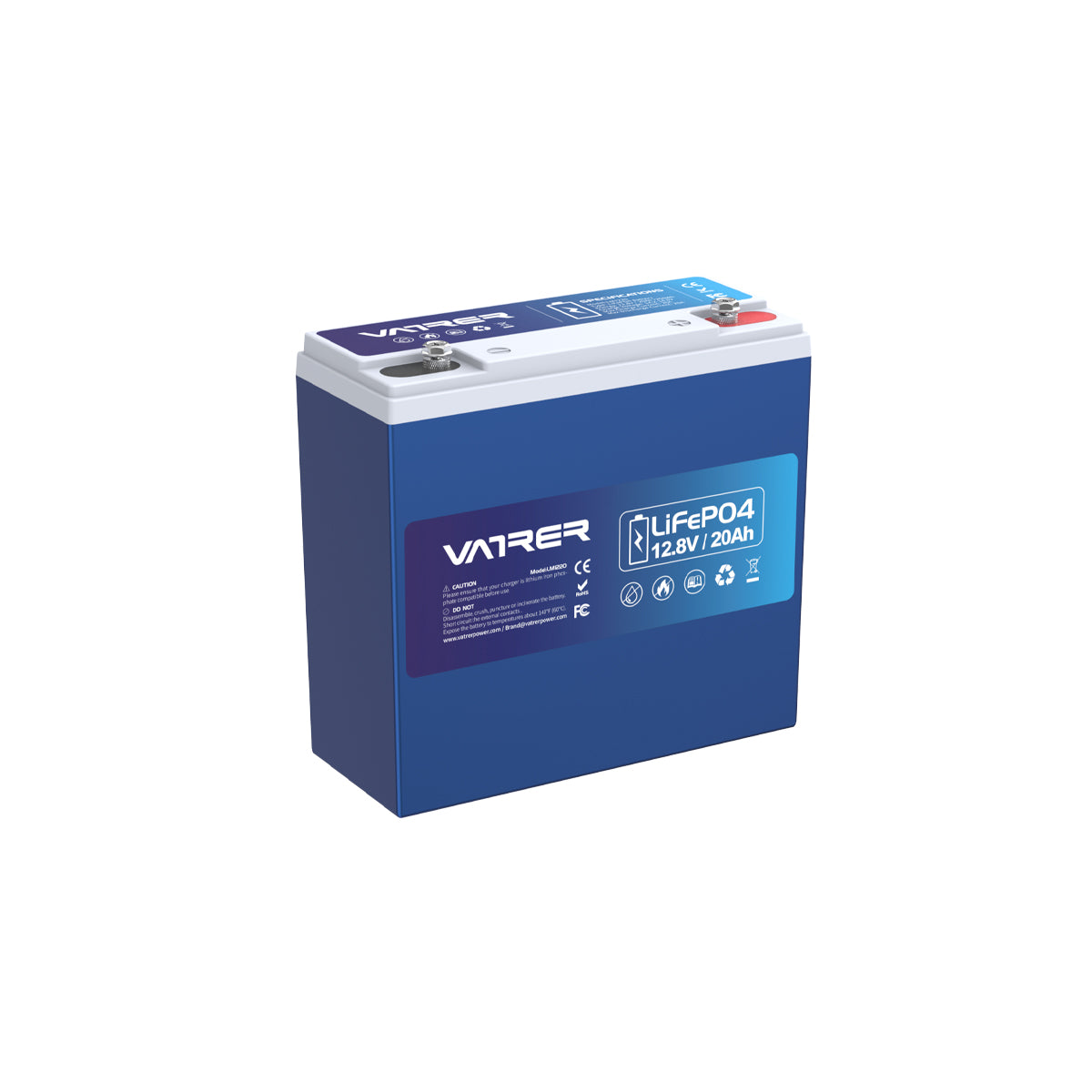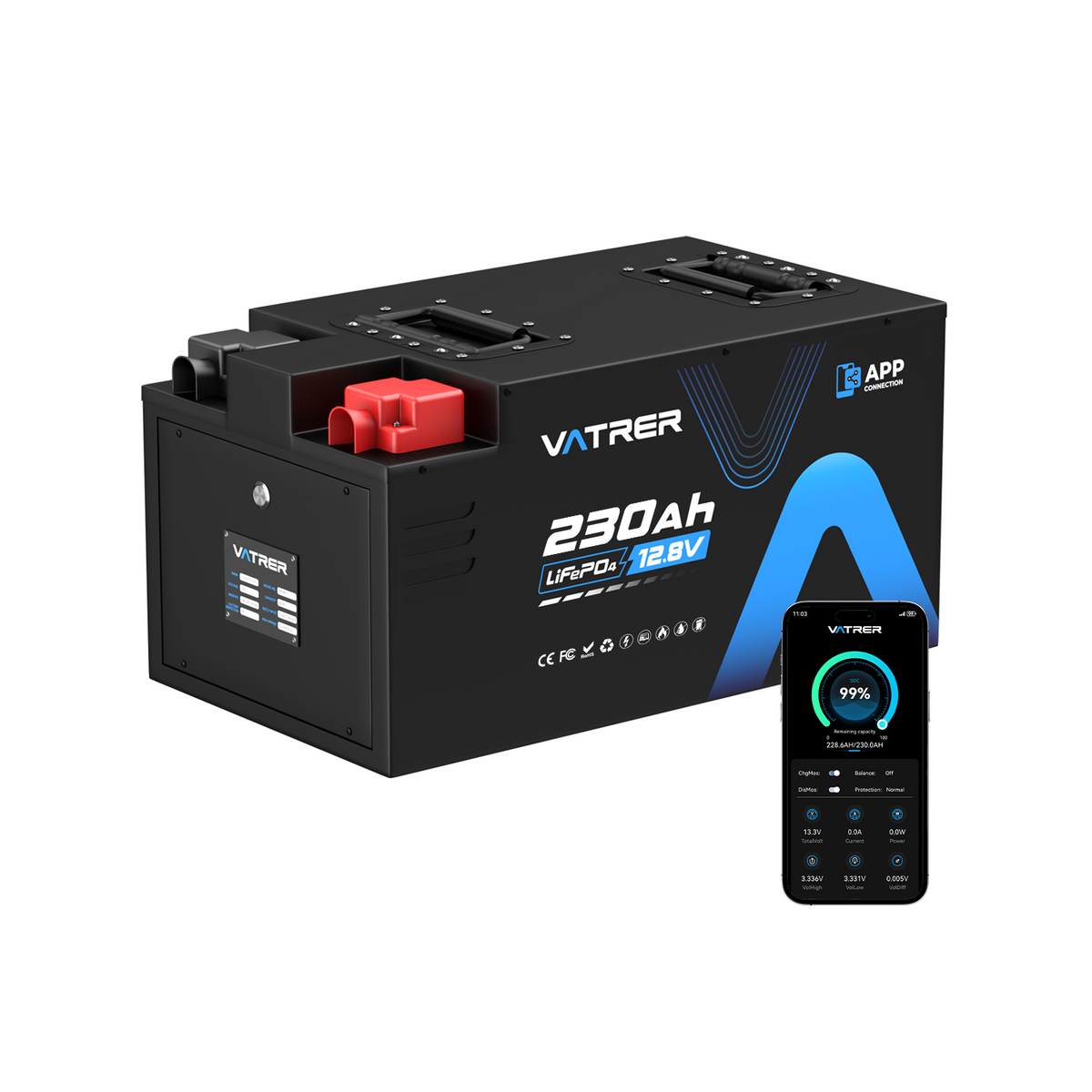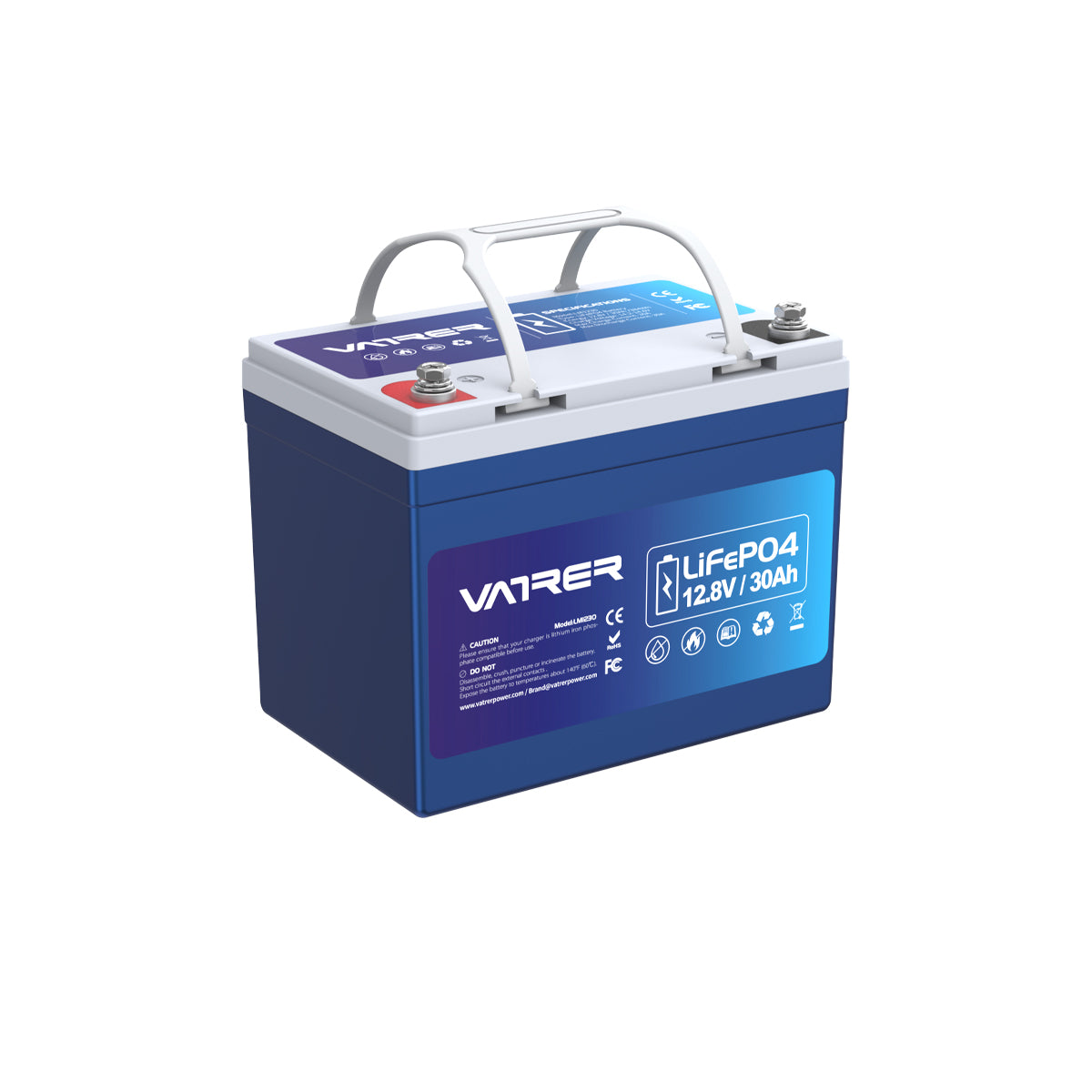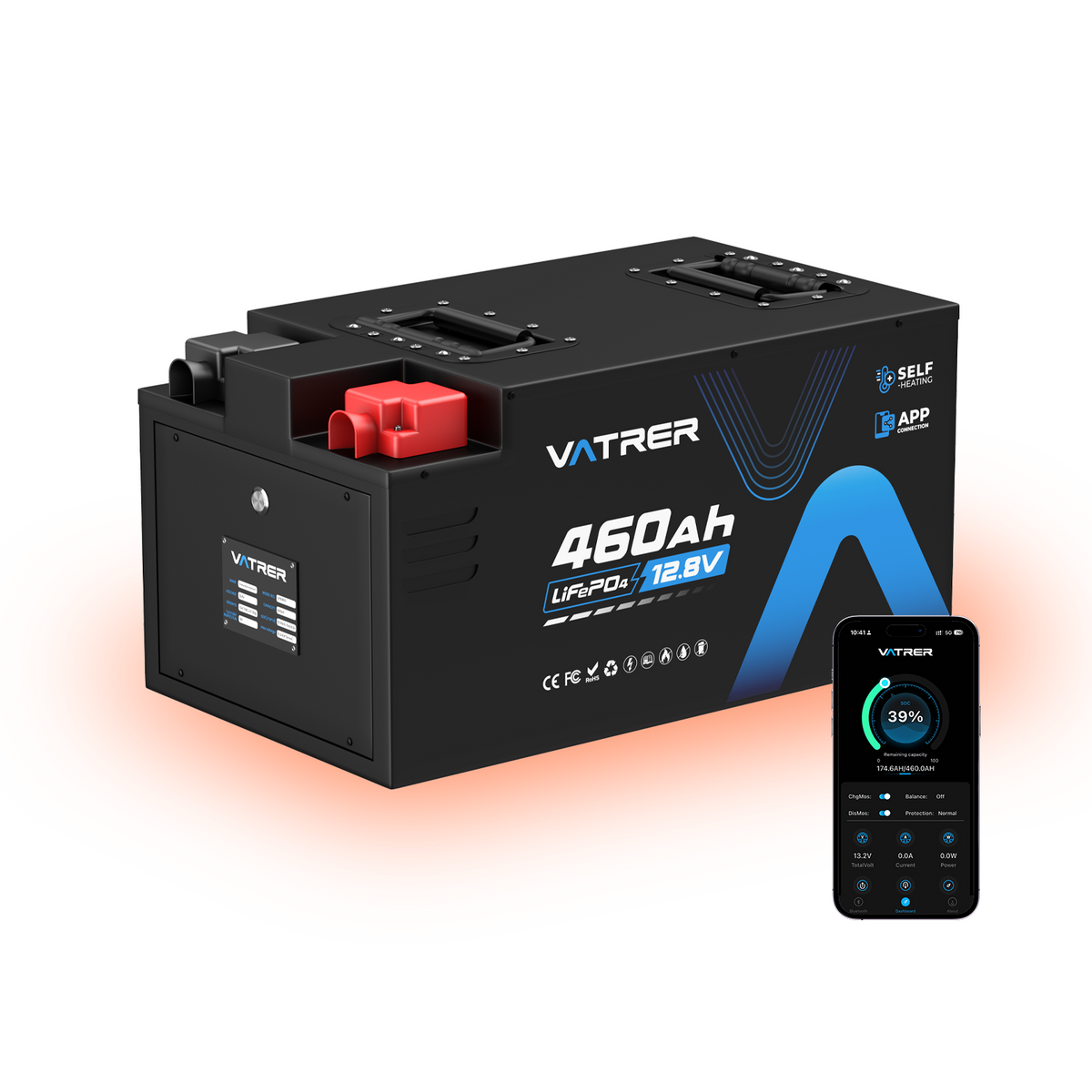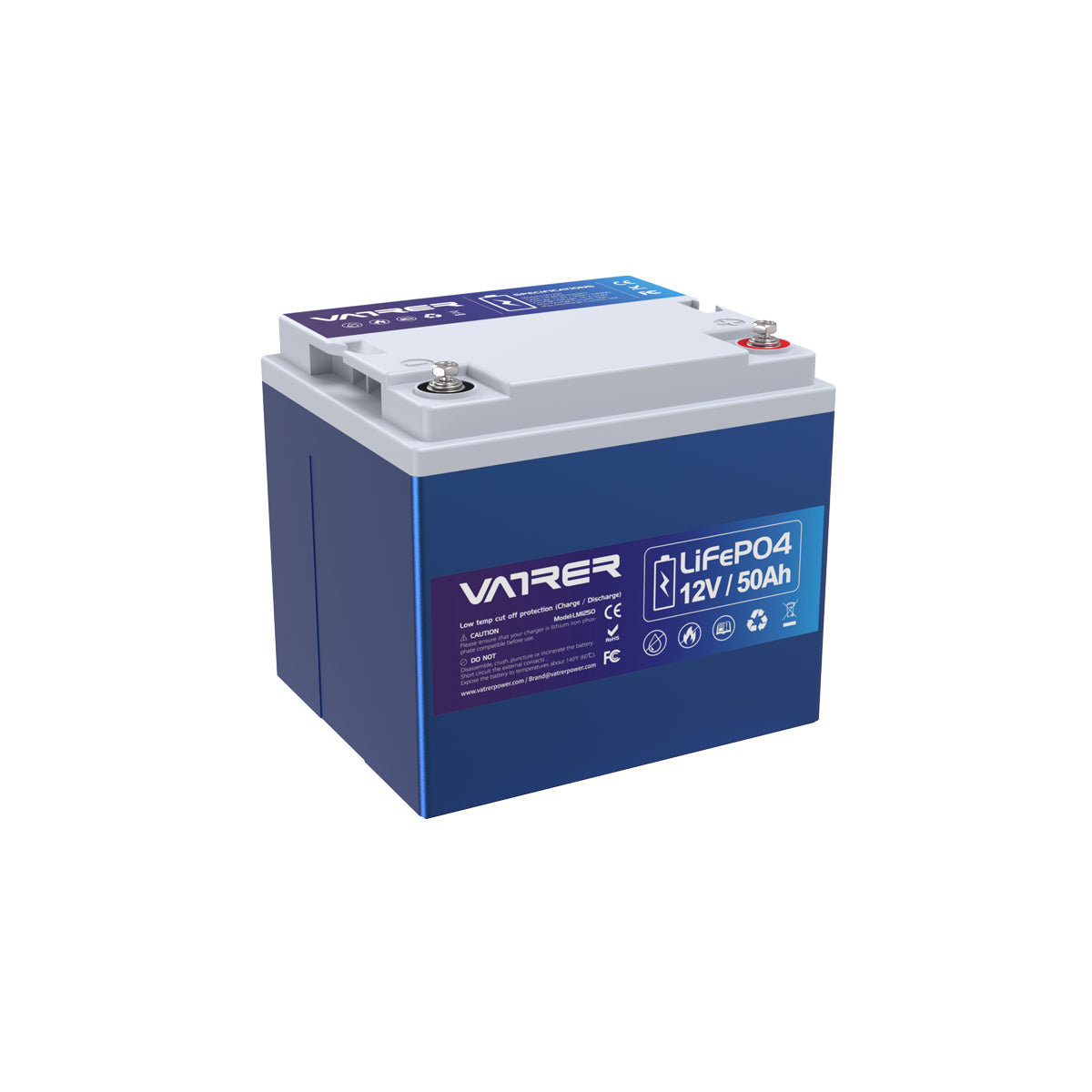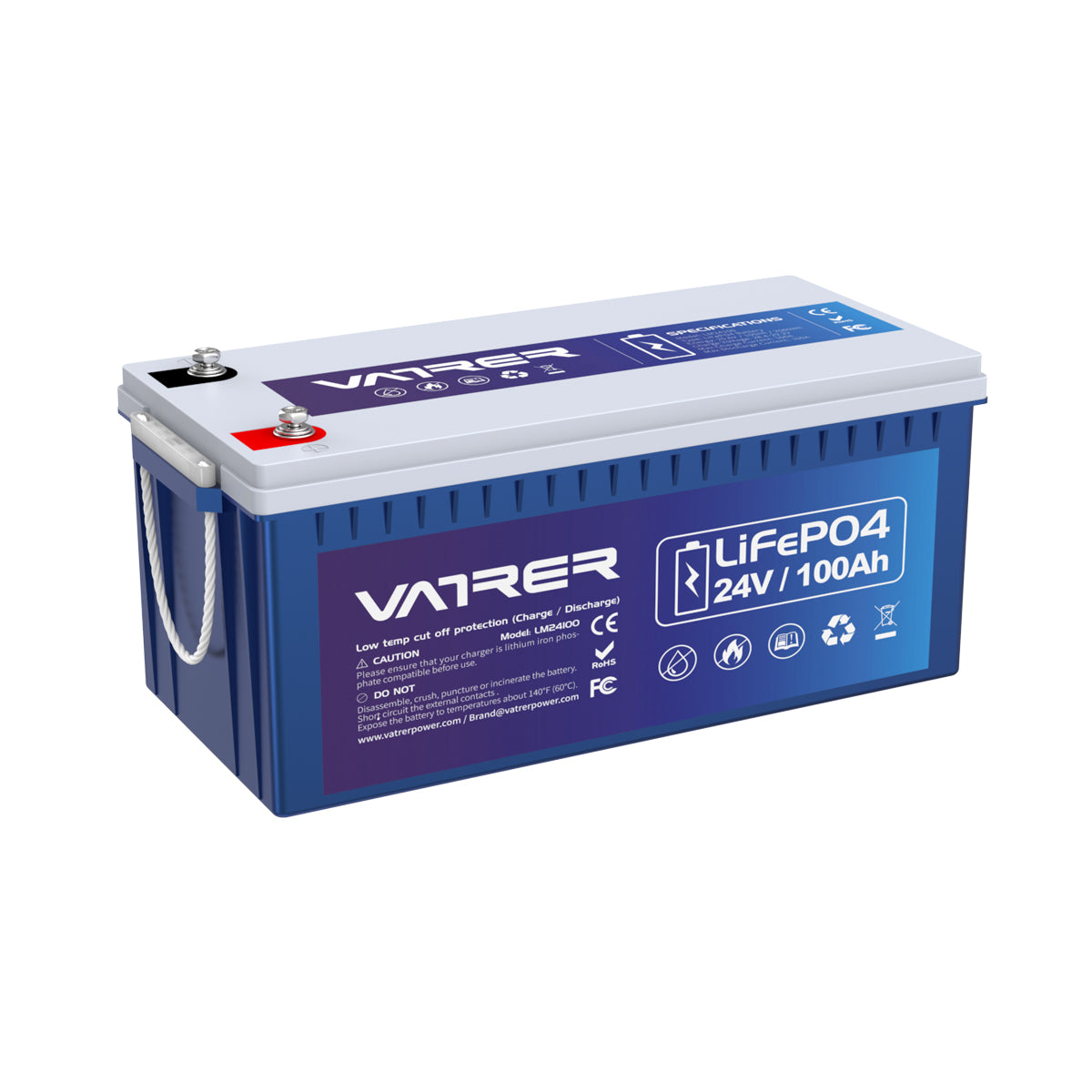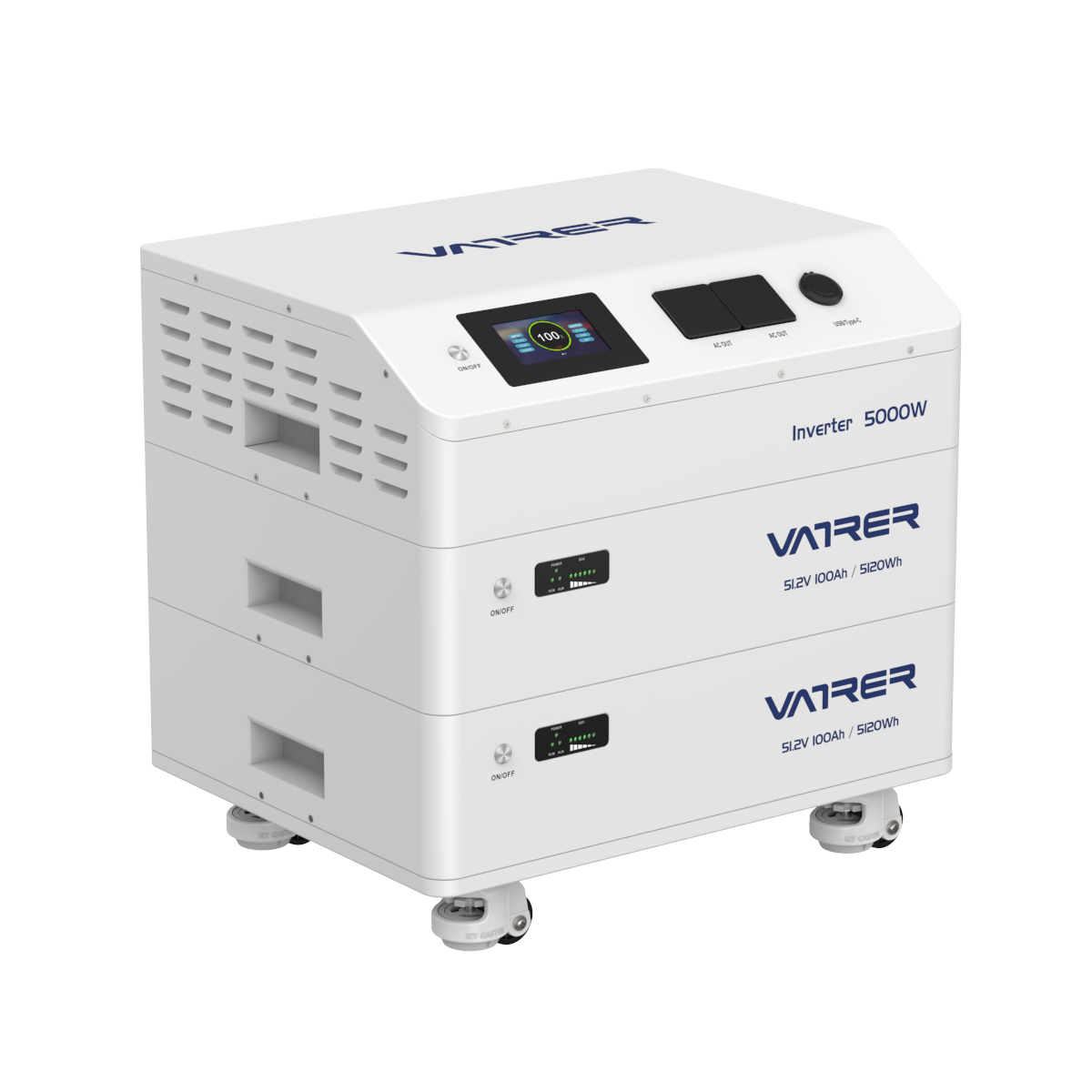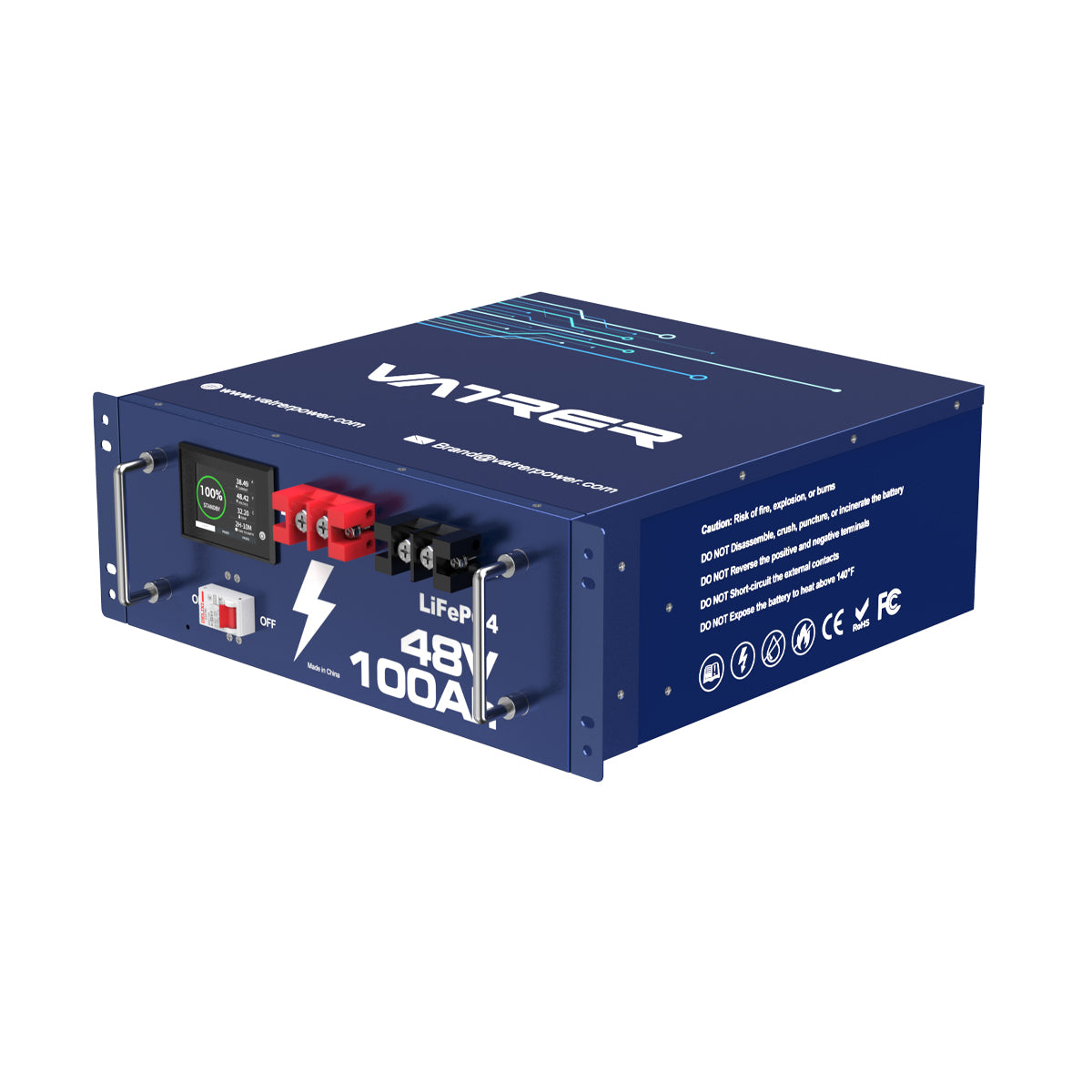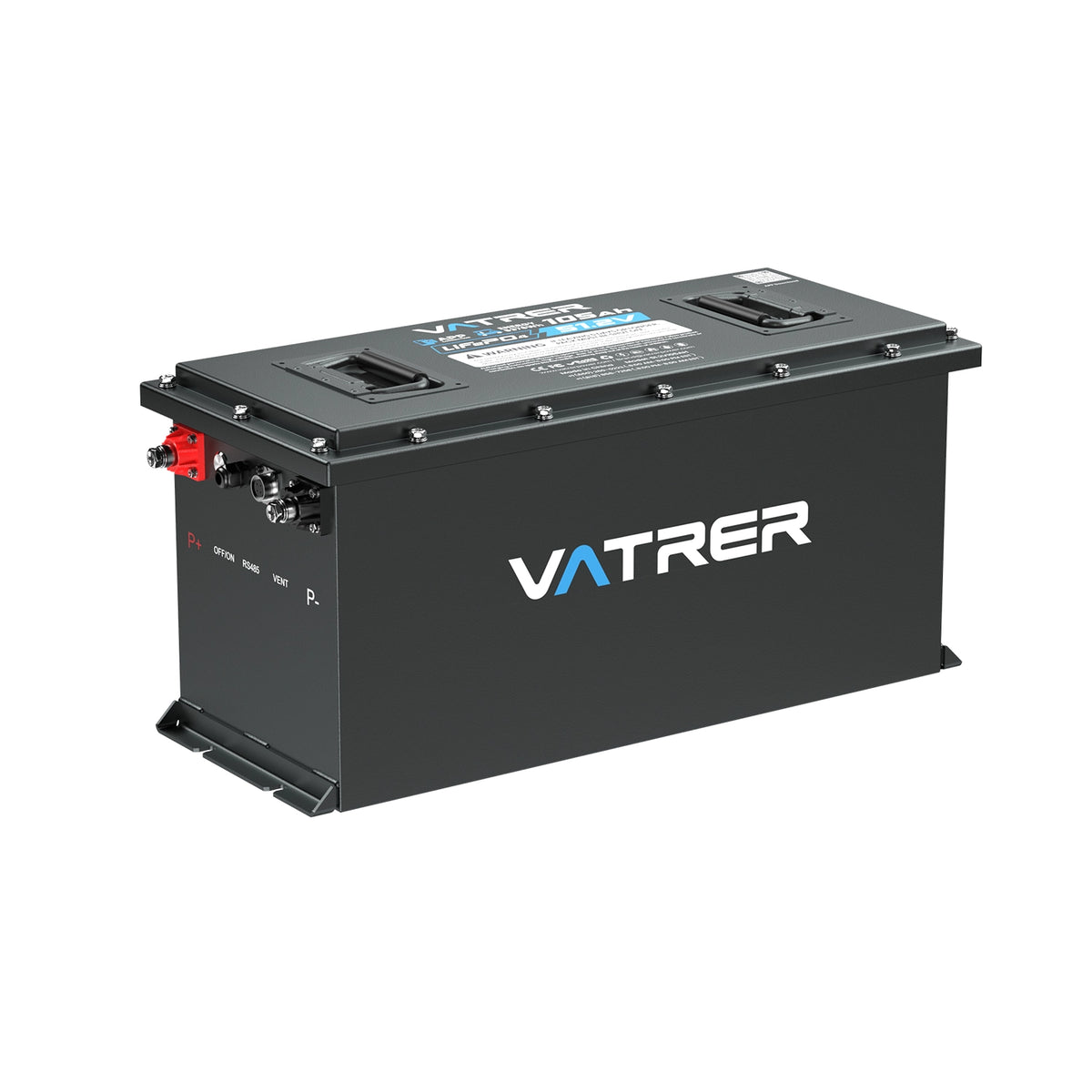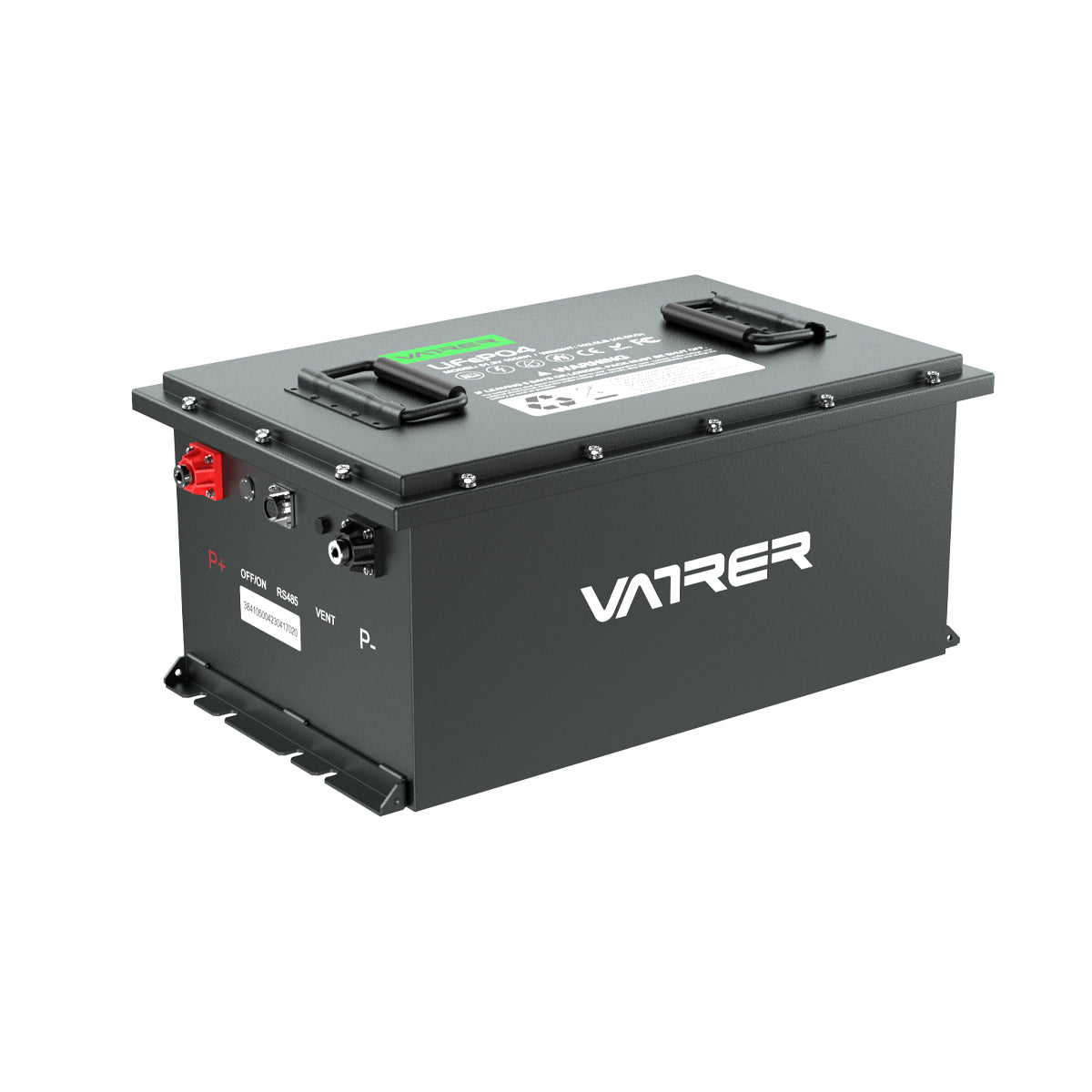RV batteries are the heart of your motorhome's electrical system, powering everything from the lights to the refrigerator when you're off the grid. However, like all batteries, they don't last forever. Knowing how to tell if your RV batteries are bad can save you from unexpected power outages and costly repairs down the line. In this blog post, we'll explore the signs of failing RV batteries and what you can do about it.

Understanding RV Battery Types
First, it's important to understand the types of batteries used in RVs:
-
Flooded Lead Acid (FLA): These are the traditional batteries that require regular maintenance, such as adding water.
-
Absorbed Glass Mat (AGM): AGM batteries are maintenance-free and can handle deeper discharges than FLAs.
-
Lithium-Ion (LiFePO4): The newest technology, lithium-ion batteries are lightweight, maintenance-free, and have a longer lifespan than other types.
Signs of Bad RV Batteries
-
Age: If your batteries are more than 3-5 years old (for lead-acid) or 5-10 years old (for lithium-ion), they may be approaching the end of their lifespan.
-
Corrosion: Check for corrosion on the battery terminals. White, blue, or green powdery substances can indicate damage and poor electrical connection.
-
Bulging or Swelling: A battery that is bulging or swollen is a clear sign of failure. This can be dangerous, as it may lead to a rupture or leakage of hazardous materials.
-
Low Voltage: Use a multimeter to check the voltage of the battery. A fully charged lead-acid battery should read around 12.6-12.8 volts. If it's consistently lower, it may be bad.
-
Slow Charging: If your batteries take longer than usual to charge, or they don't hold a charge for as long as they used to, this could be a sign of wear.
-
Dim Lights or Weak Appliances: Noticeable dimming of lights or weak performance from appliances when running on battery power can indicate a failing battery.
-
Strange Odors: A rotten egg smell or a smell similar to sulfur can be a sign of a failing lead-acid battery due to the release of hydrogen gas.
-
Leaks: Any signs of leakage from the battery are a clear indication that it needs to be replaced.
Testing Your RV Batteries
To confirm if your RV batteries are bad, you can perform a load test:
-
Fully charge the battery.
-
Use a battery tester or multimeter to check the voltage under load. A healthy battery should maintain a voltage of at least 10.5 volts under a load that's 50% of its rated capacity for 15 seconds.
-
If the voltage drops below this threshold, the battery is likely failing.
What to Do with Bad RV Batteries
If you determine that your RV batteries are bad, it's time to replace them. Here are some steps to take:
-
Disposal: Properly dispose of the old batteries at a recycling center or an auto parts store that accepts used batteries.
-
Replacement: Consider upgrading to a newer technology, like lithium-ion, for better performance and longevity.
-
Maintenance: Regular maintenance, such as cleaning terminals and checking fluid levels (for FLA batteries), can extend the life of your new batteries.
Conclusion
Recognizing the signs of bad RV batteries is crucial for maintaining the electrical integrity of your RV. By performing regular checks and being aware of the symptoms of failing batteries, you can ensure that your RV is always ready for your next adventure. Remember to handle and dispose of batteries safely to protect yourself and the environment.











